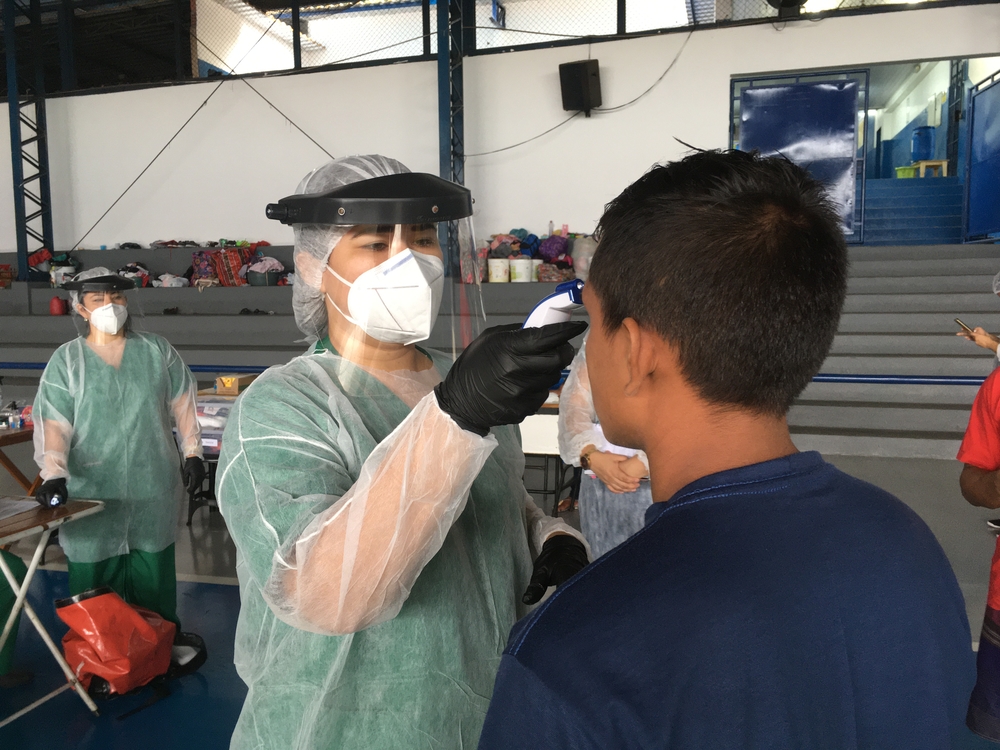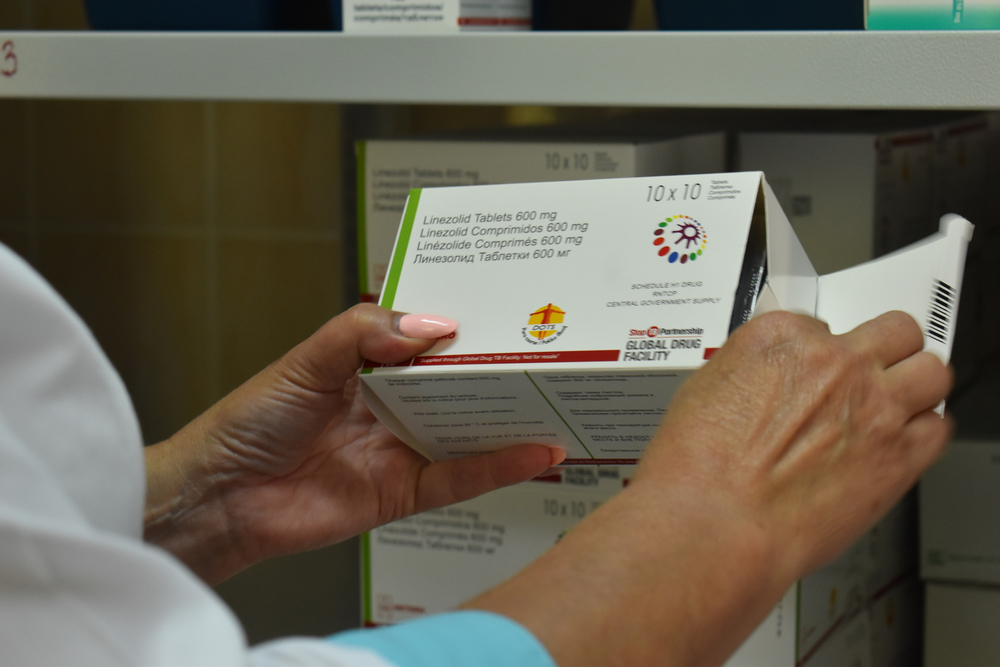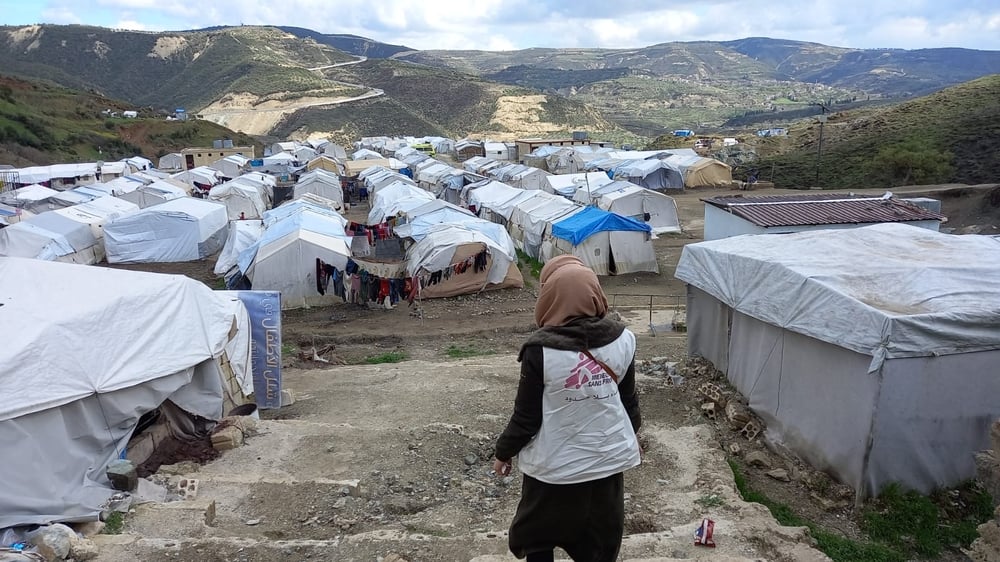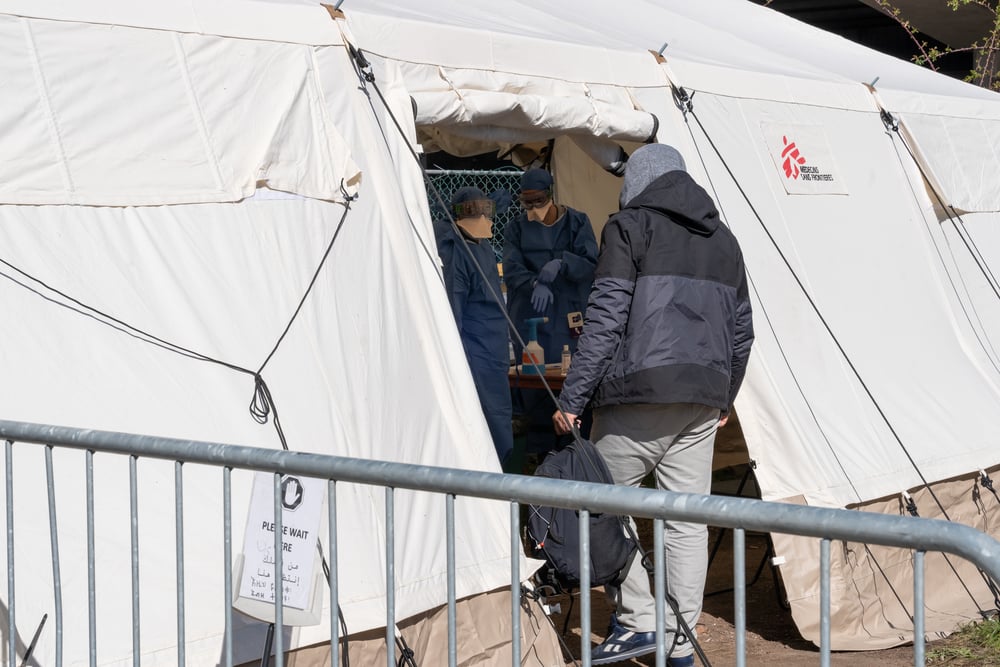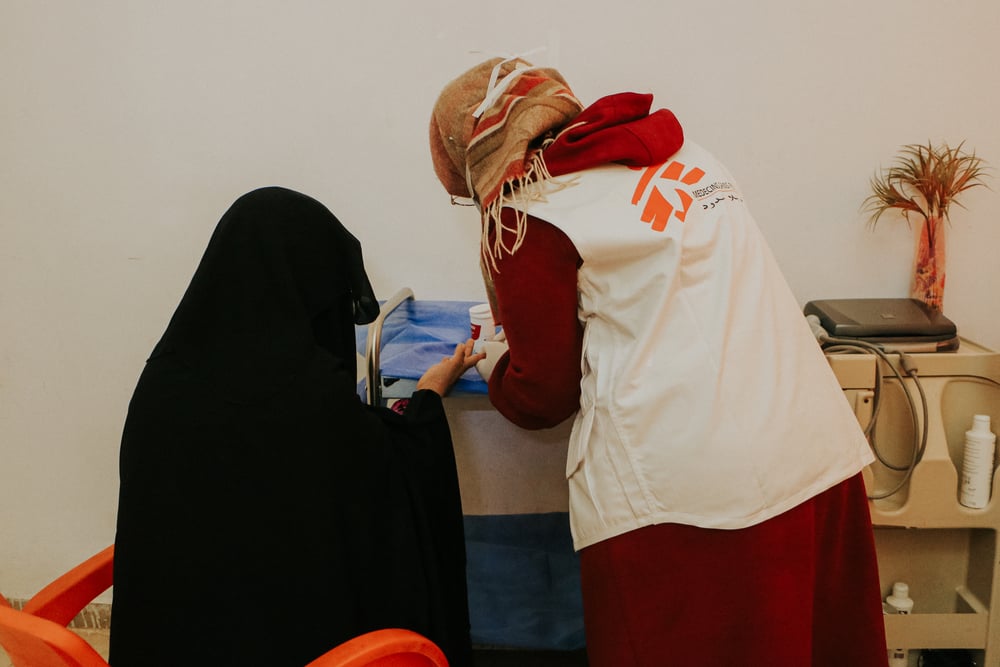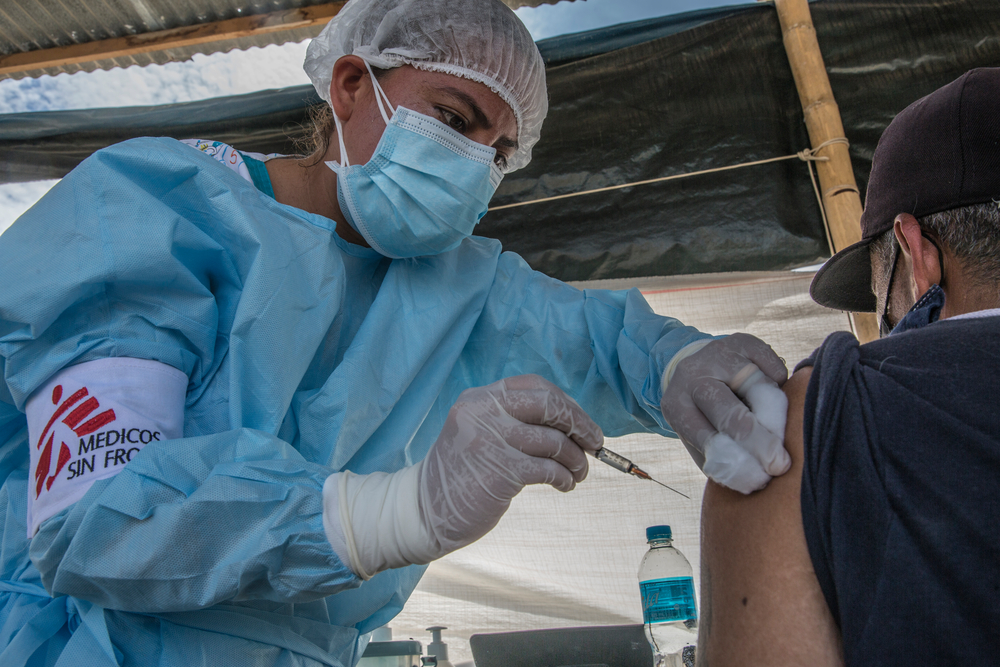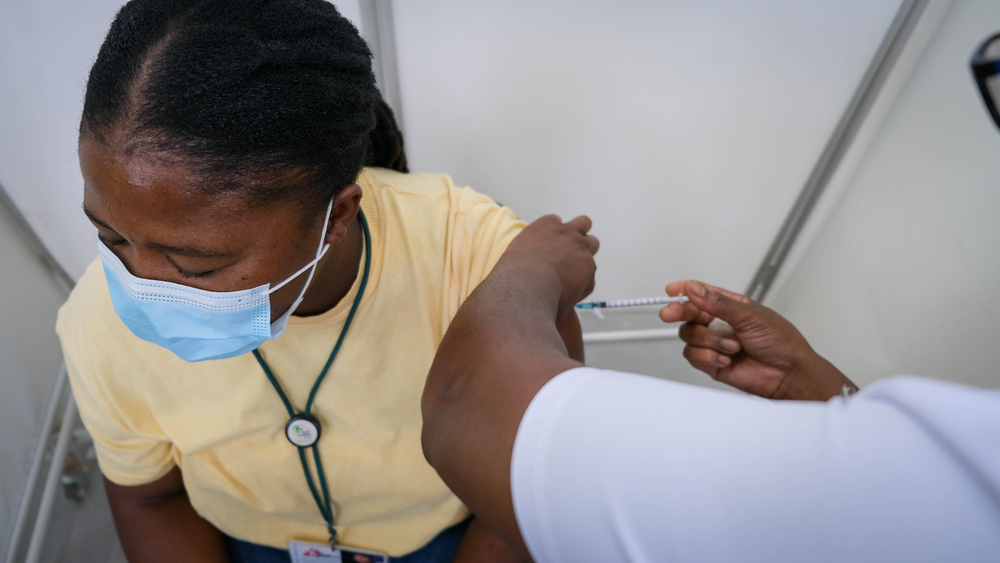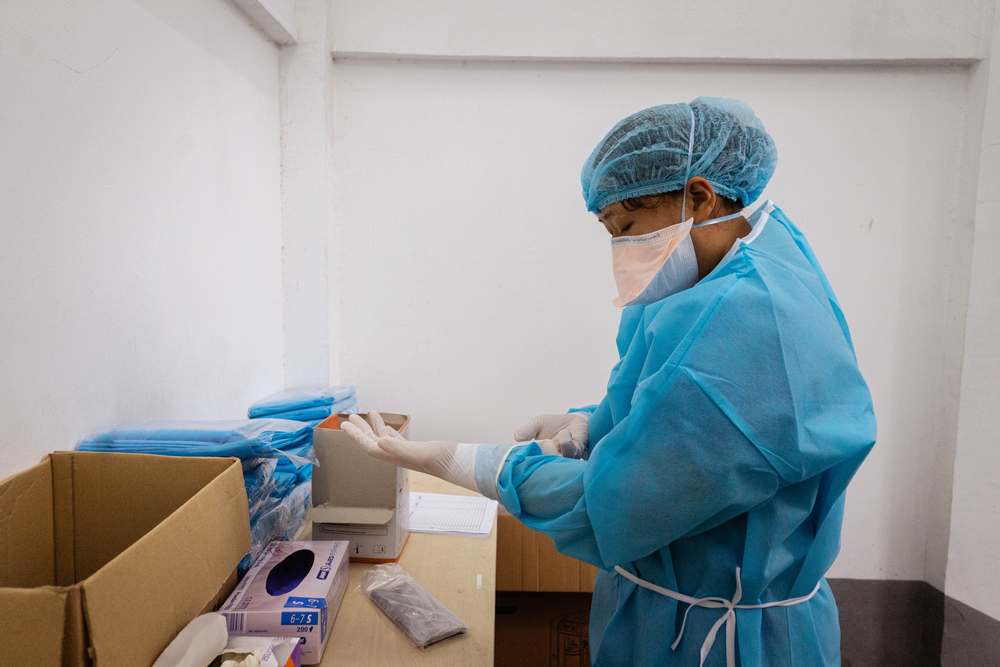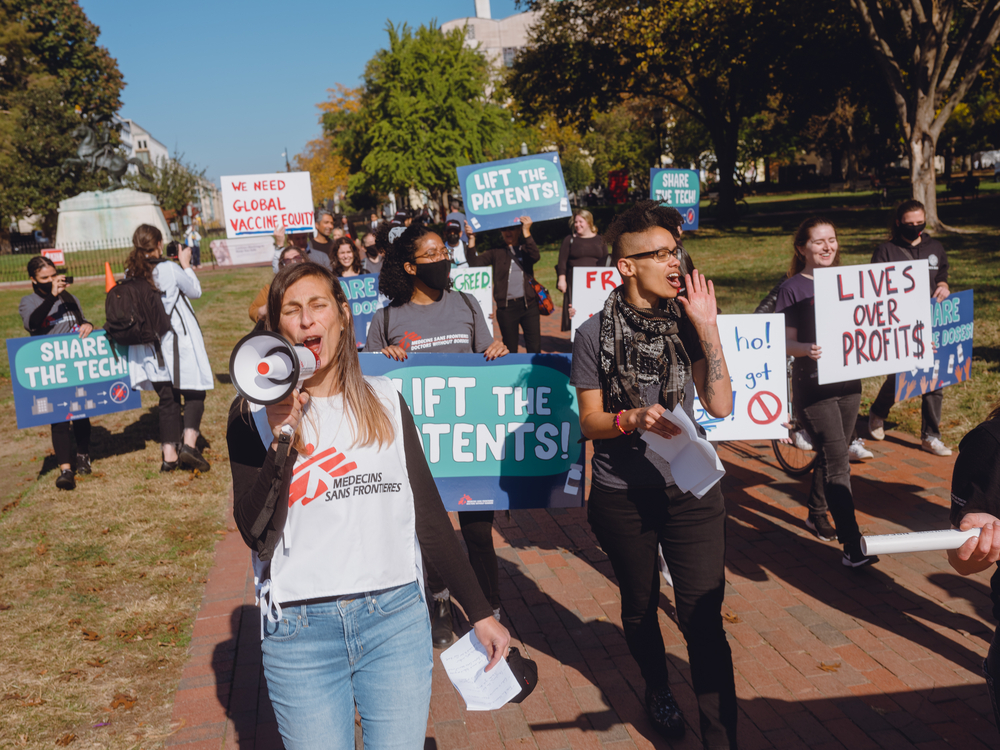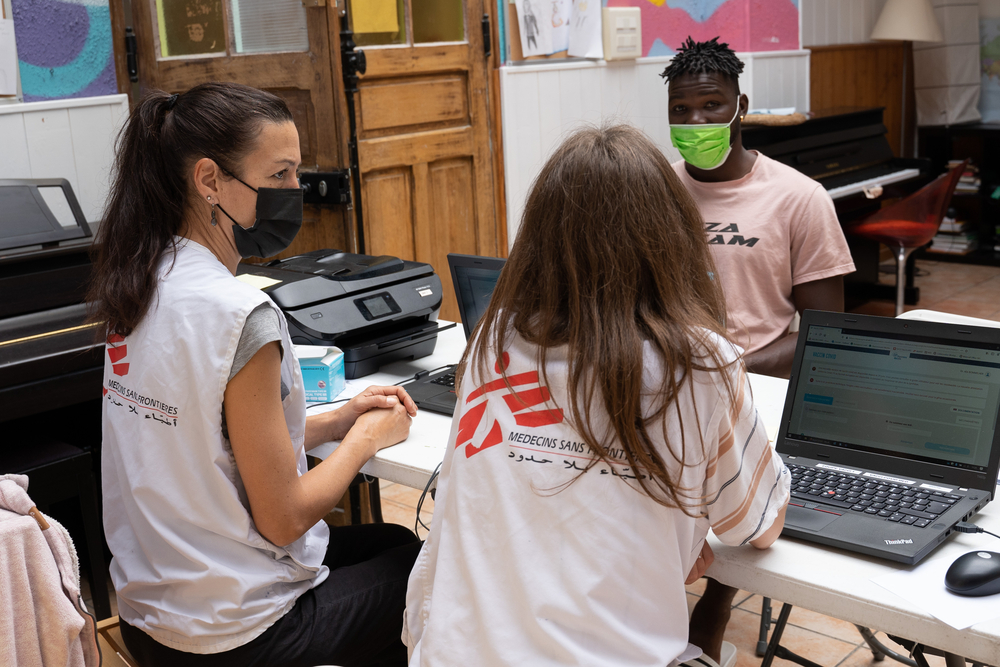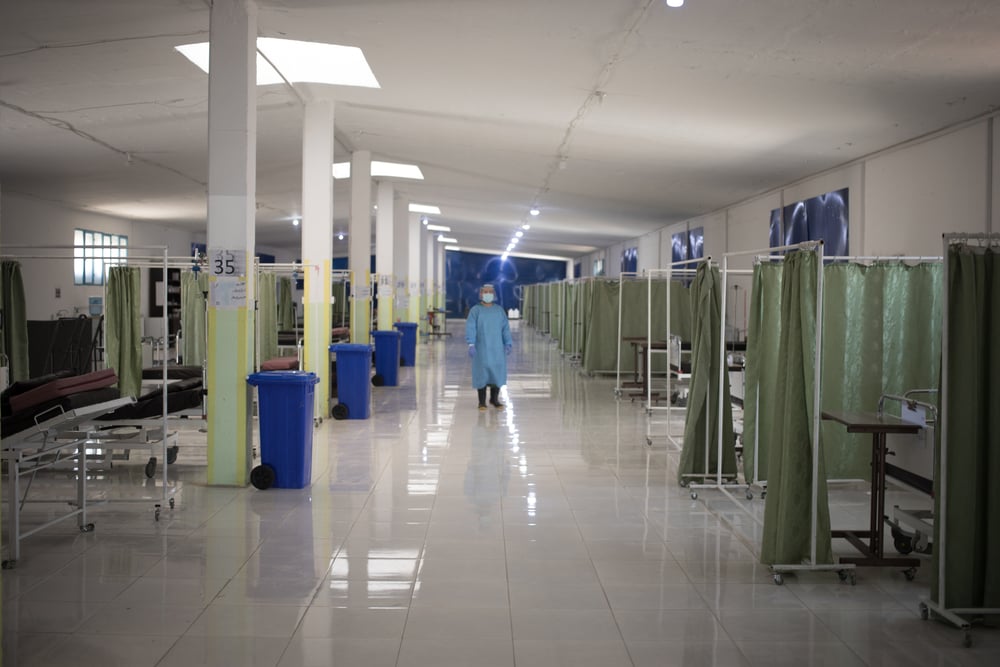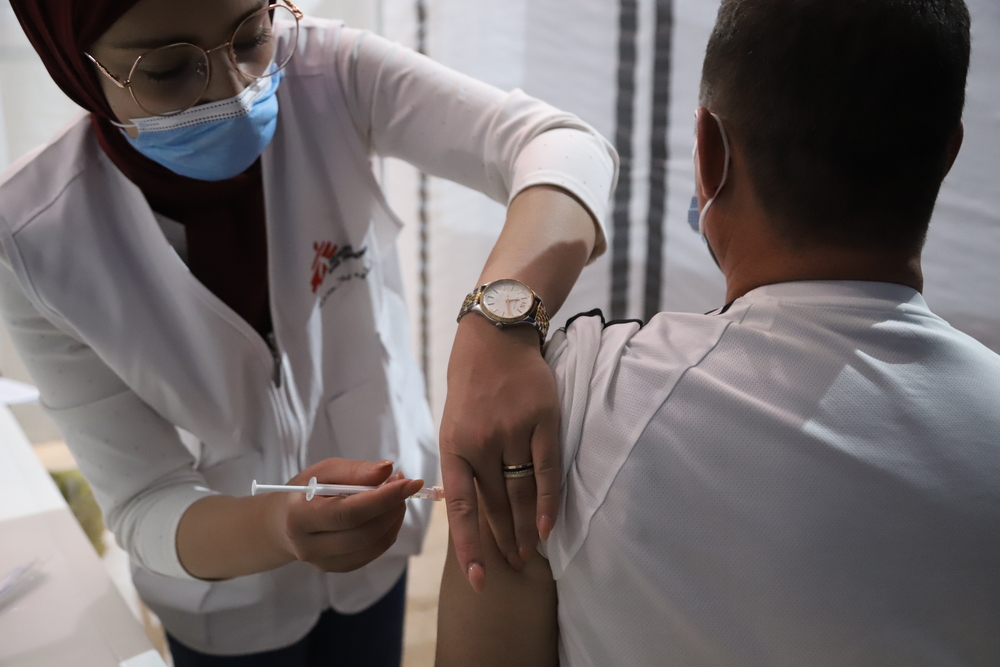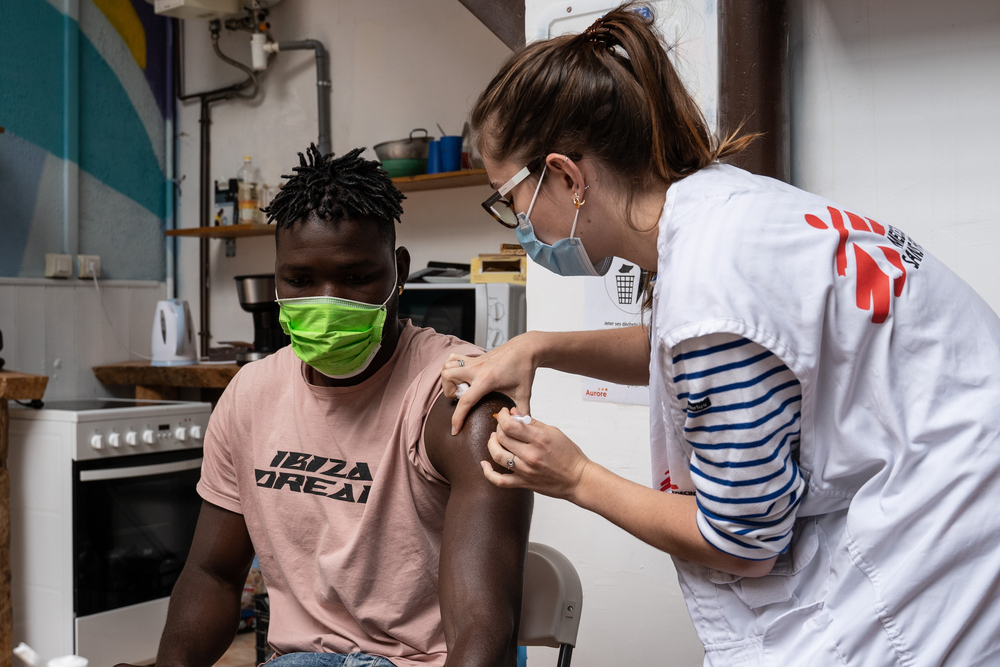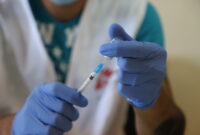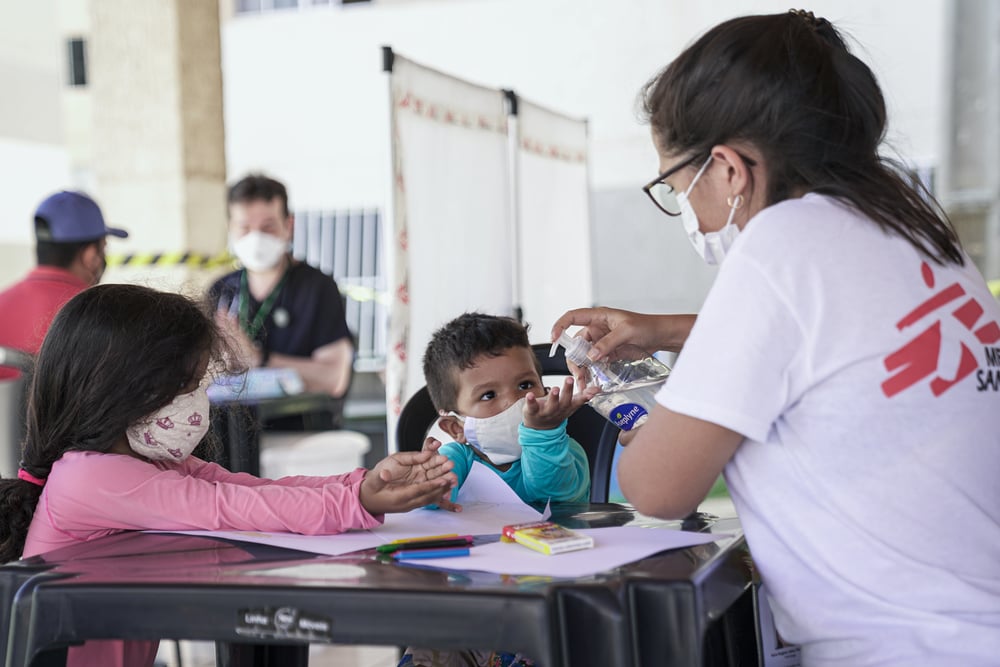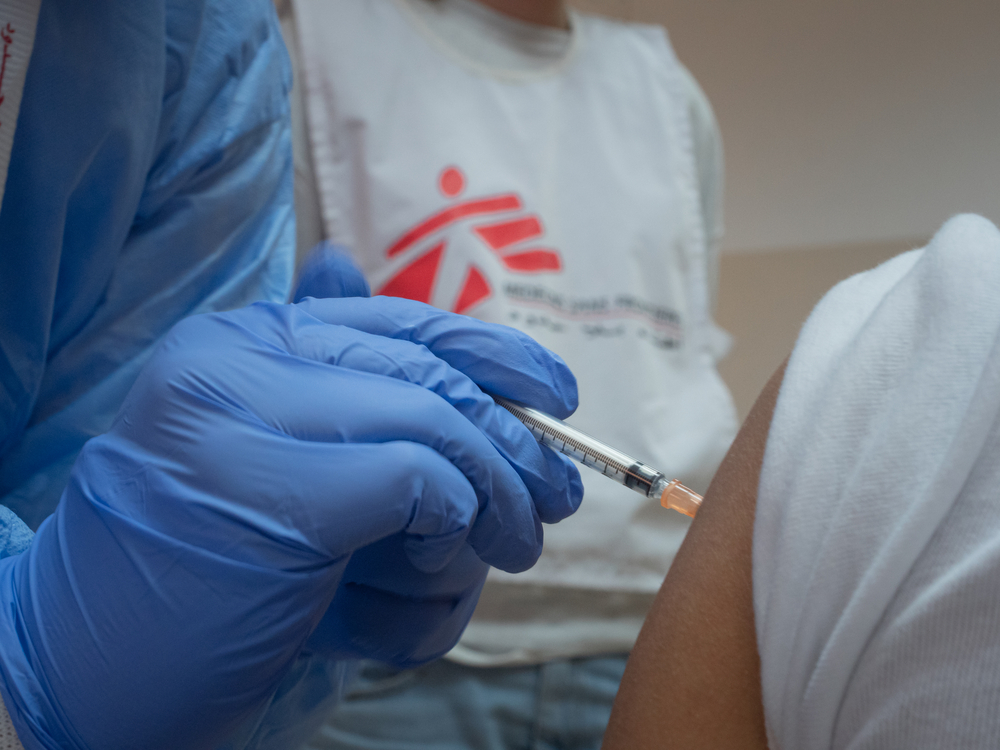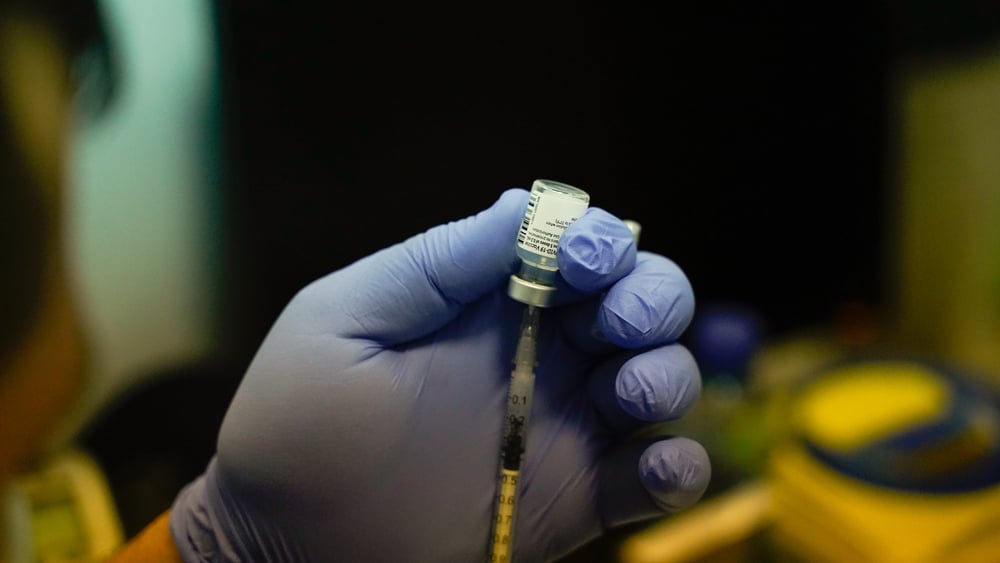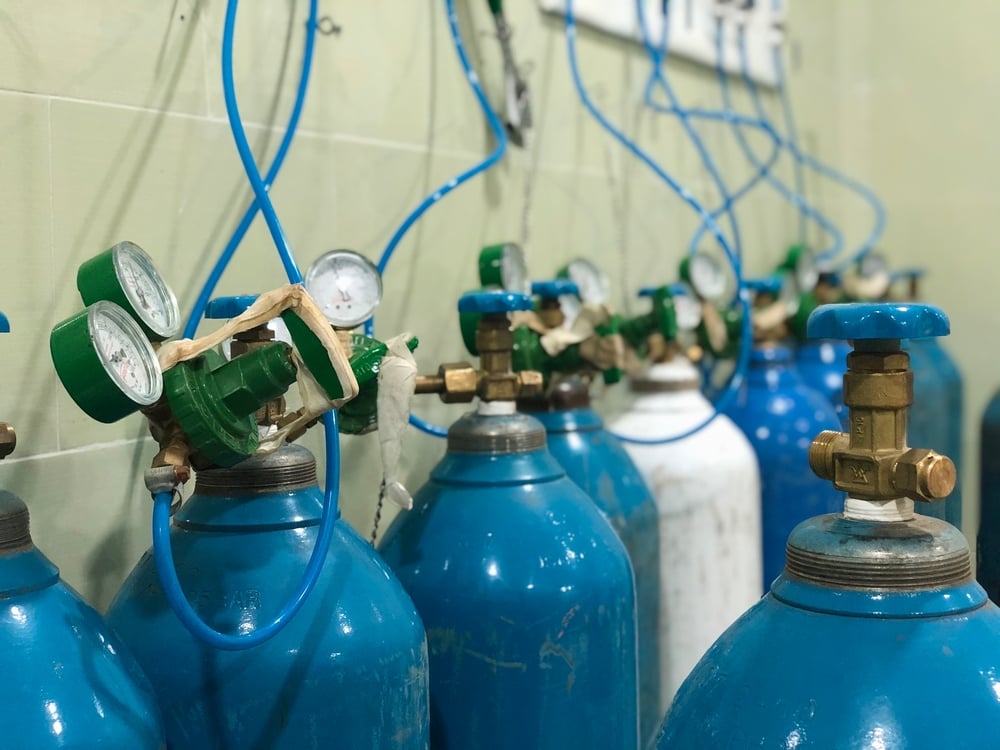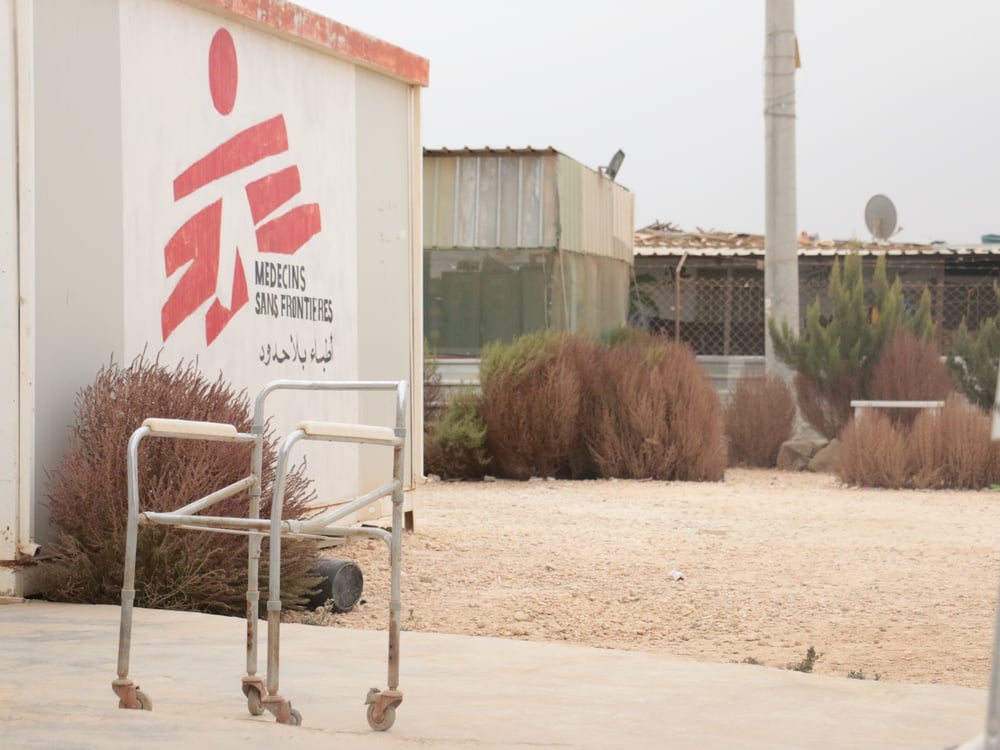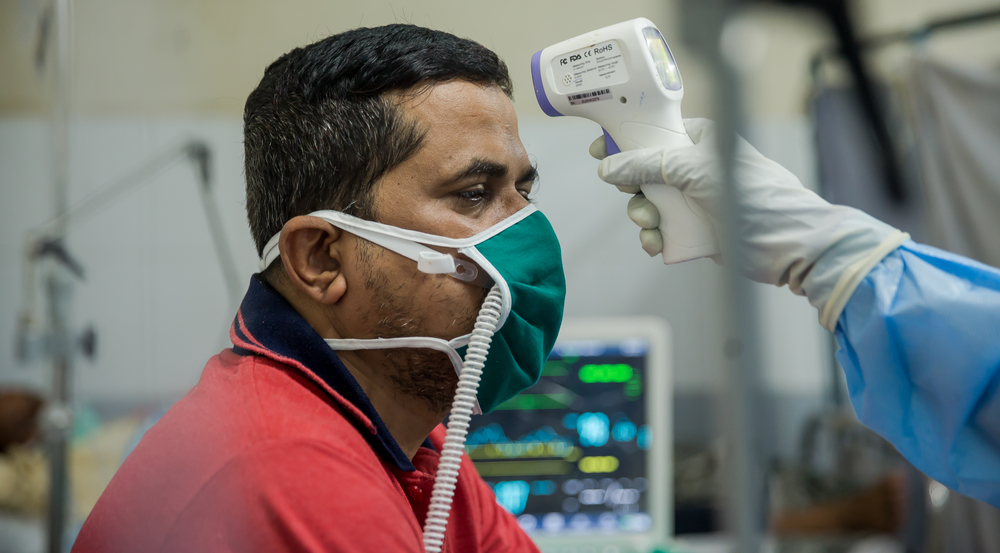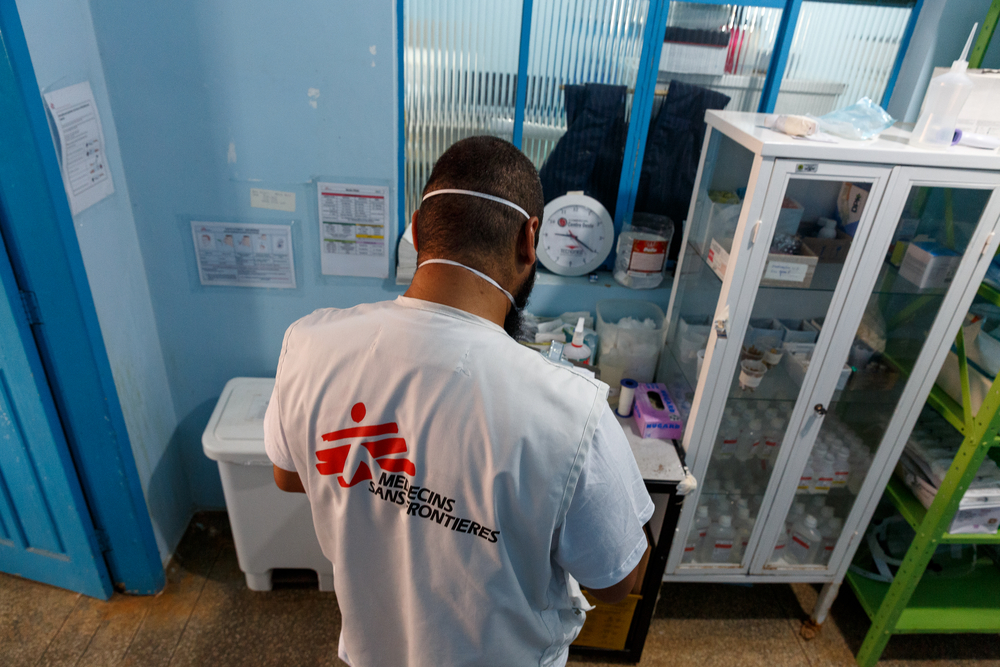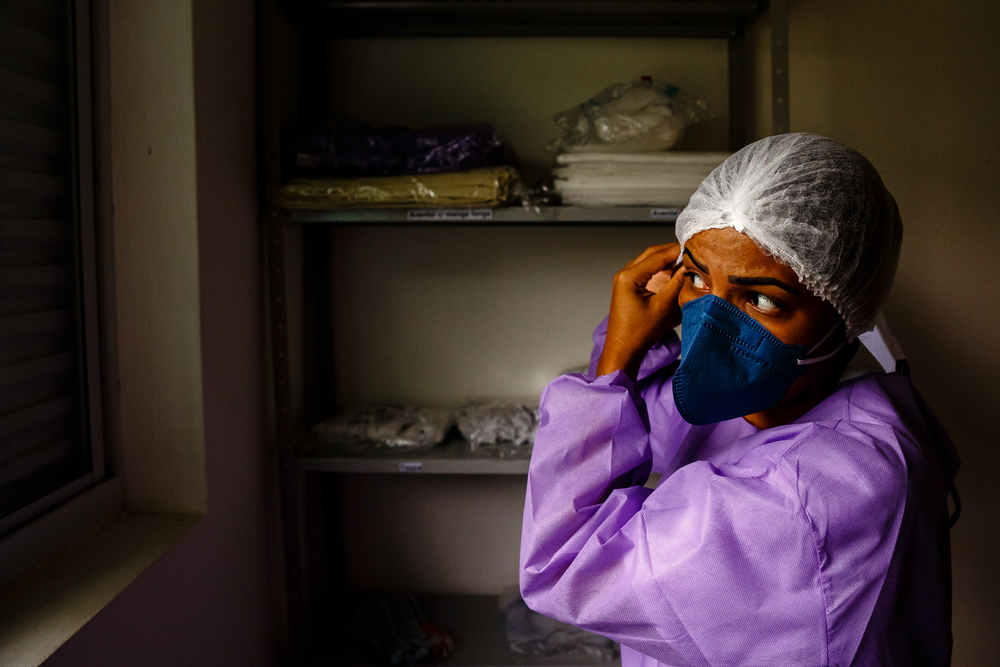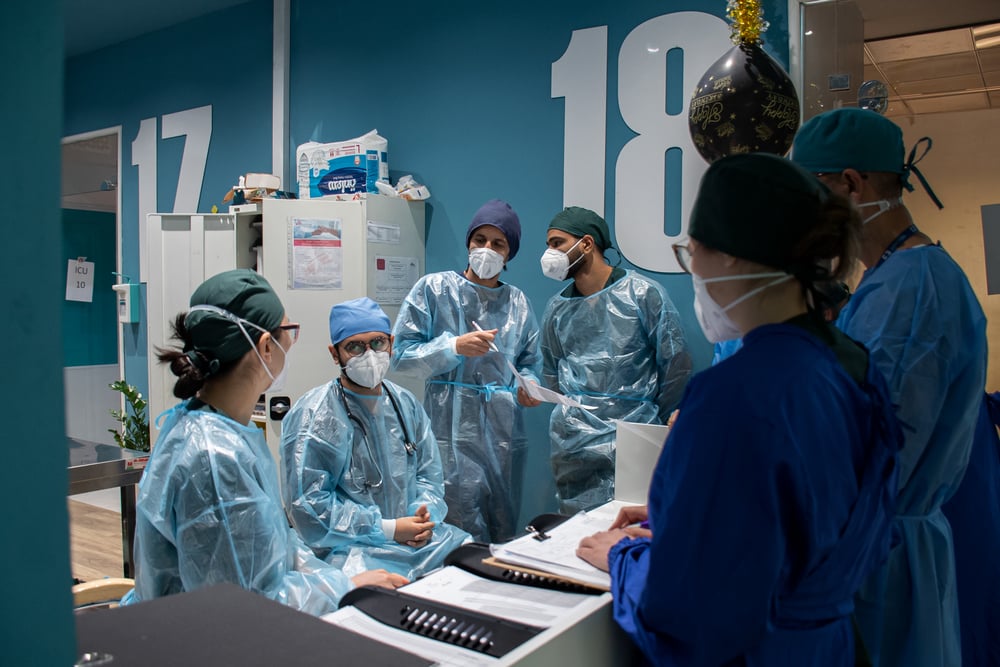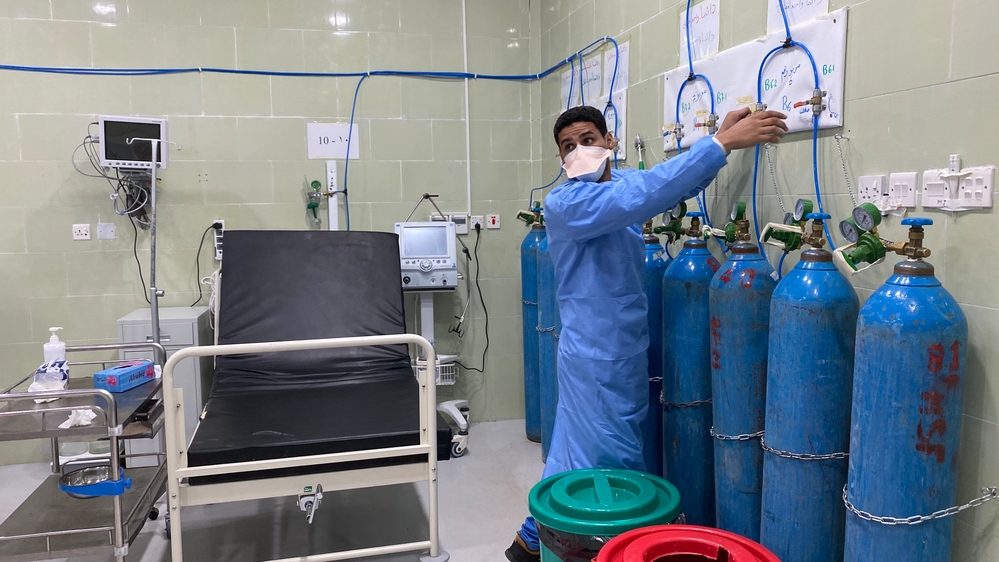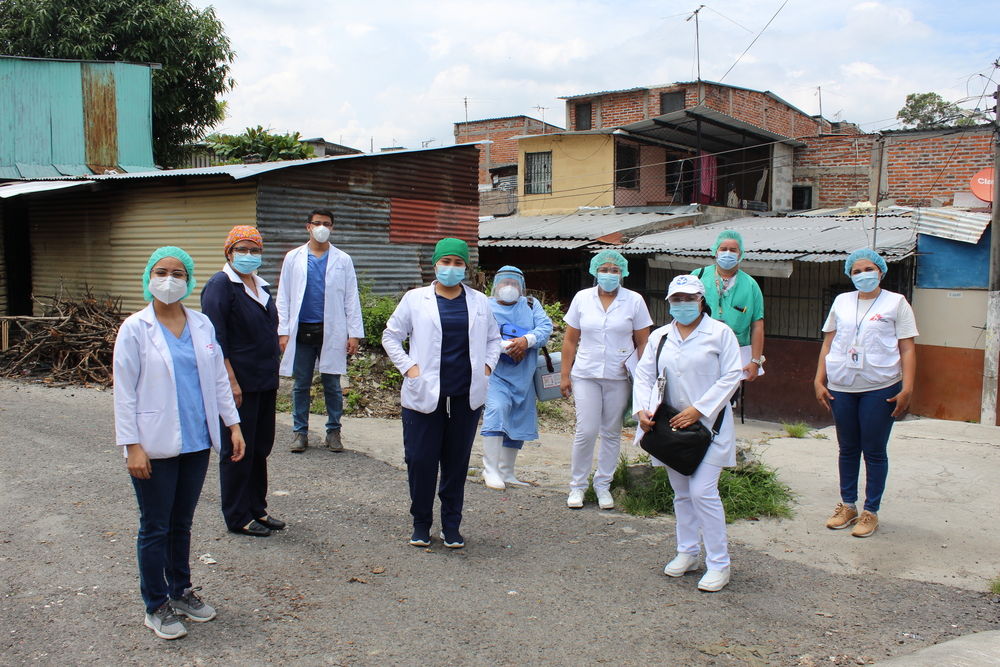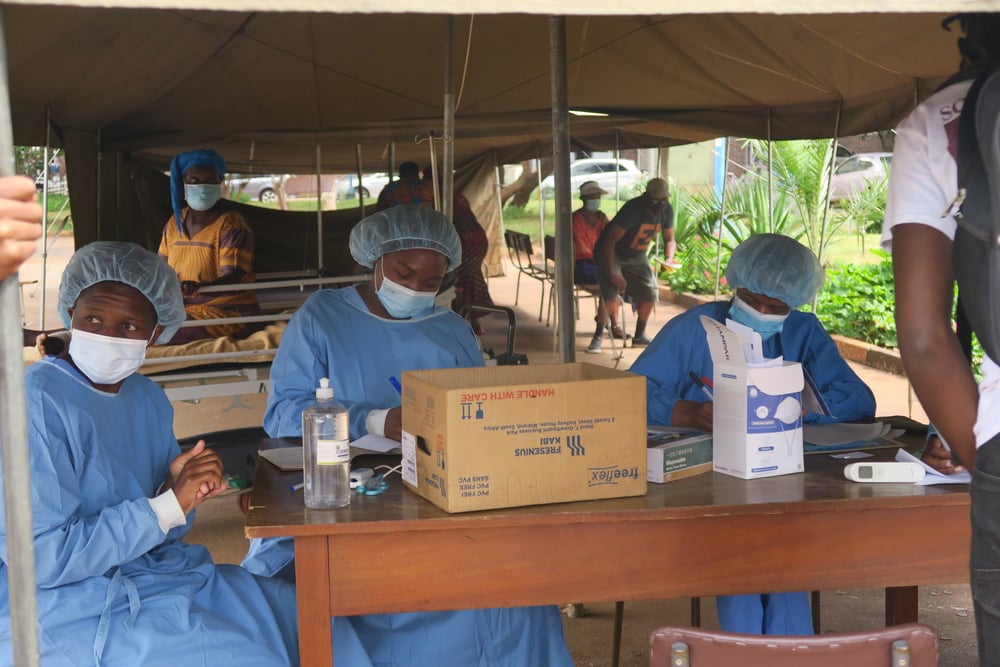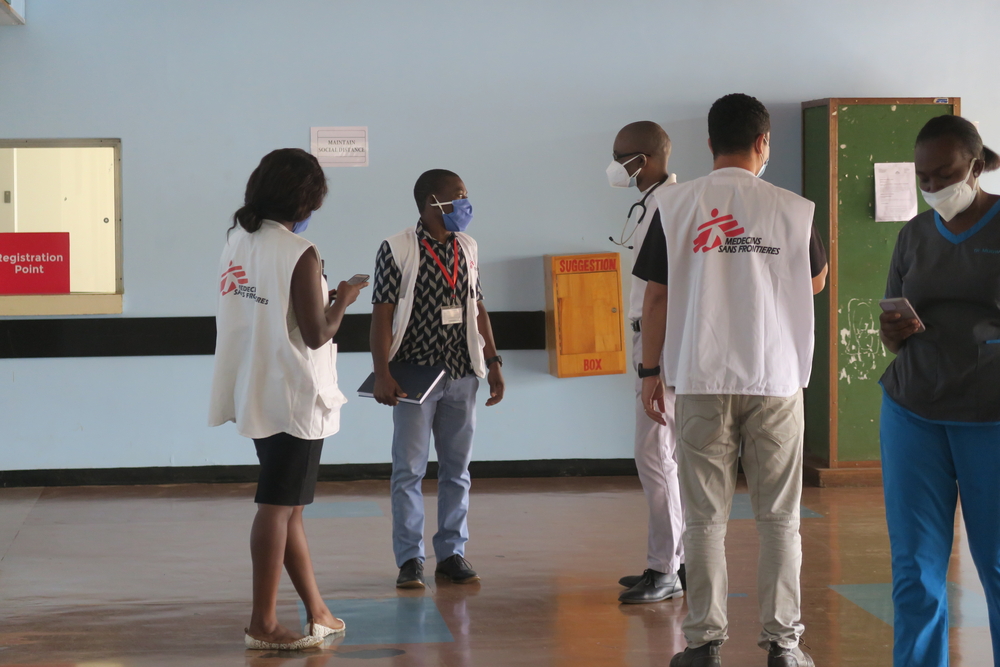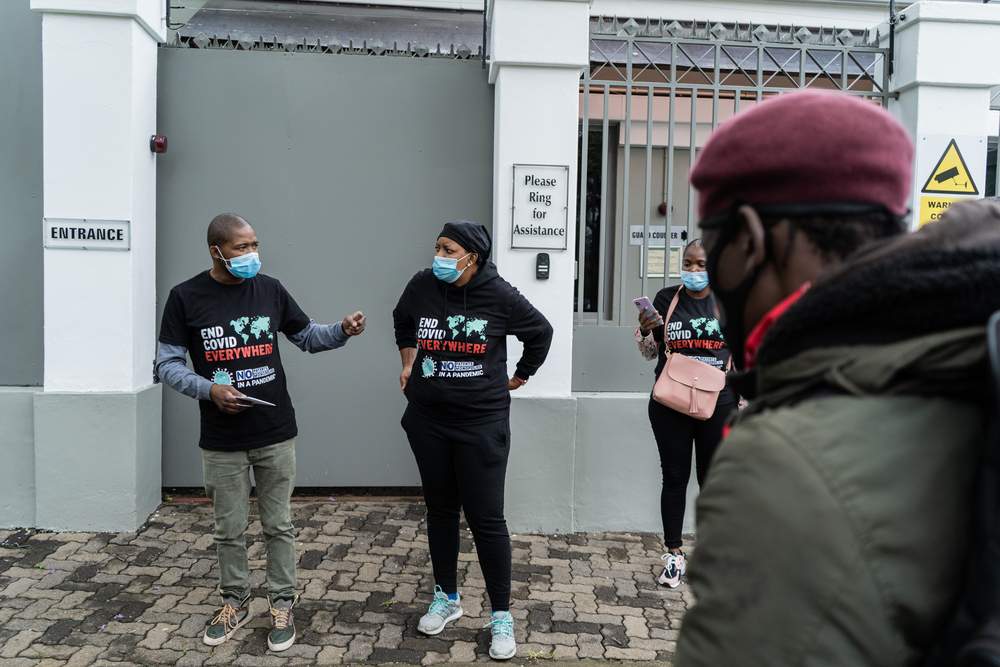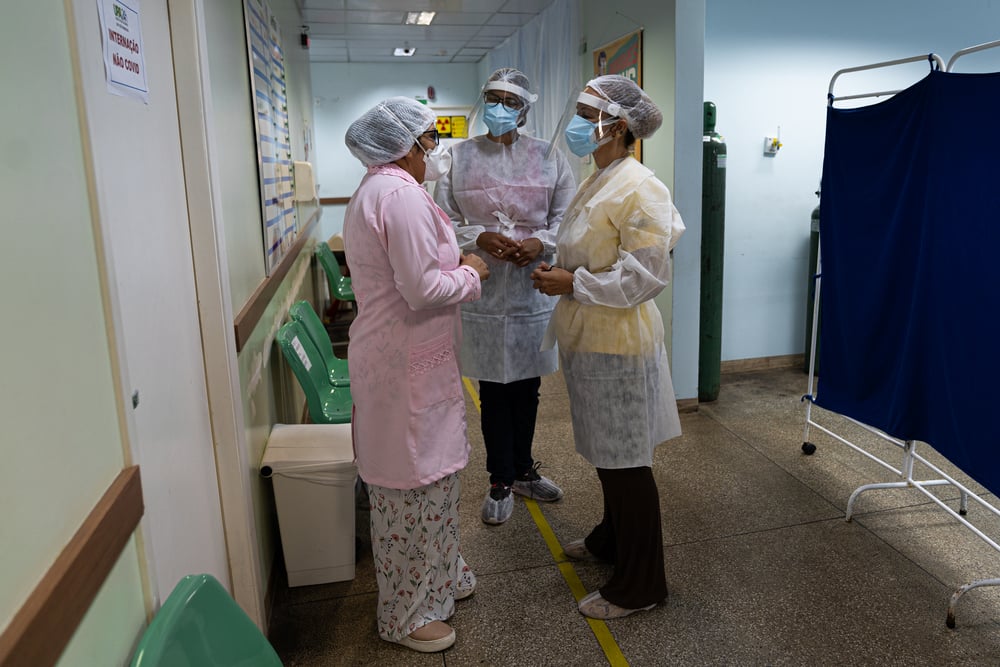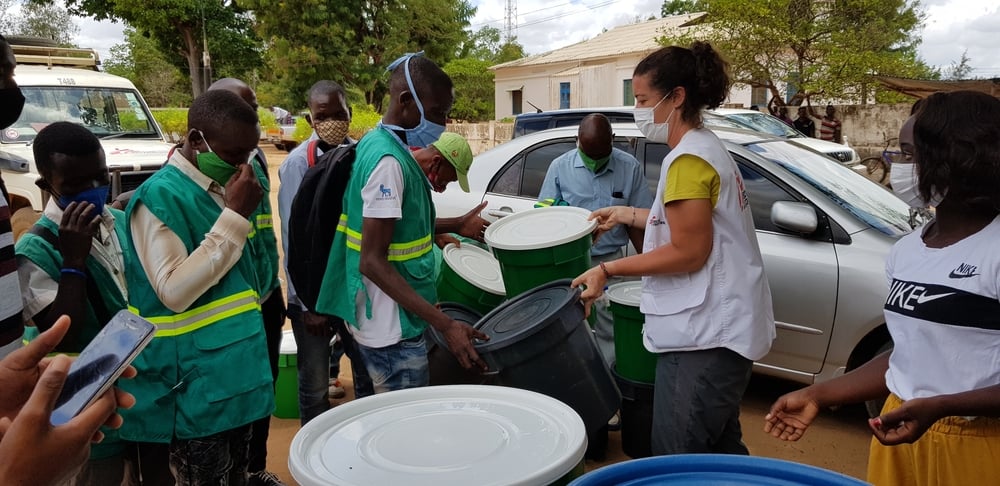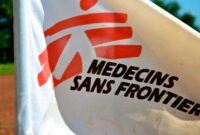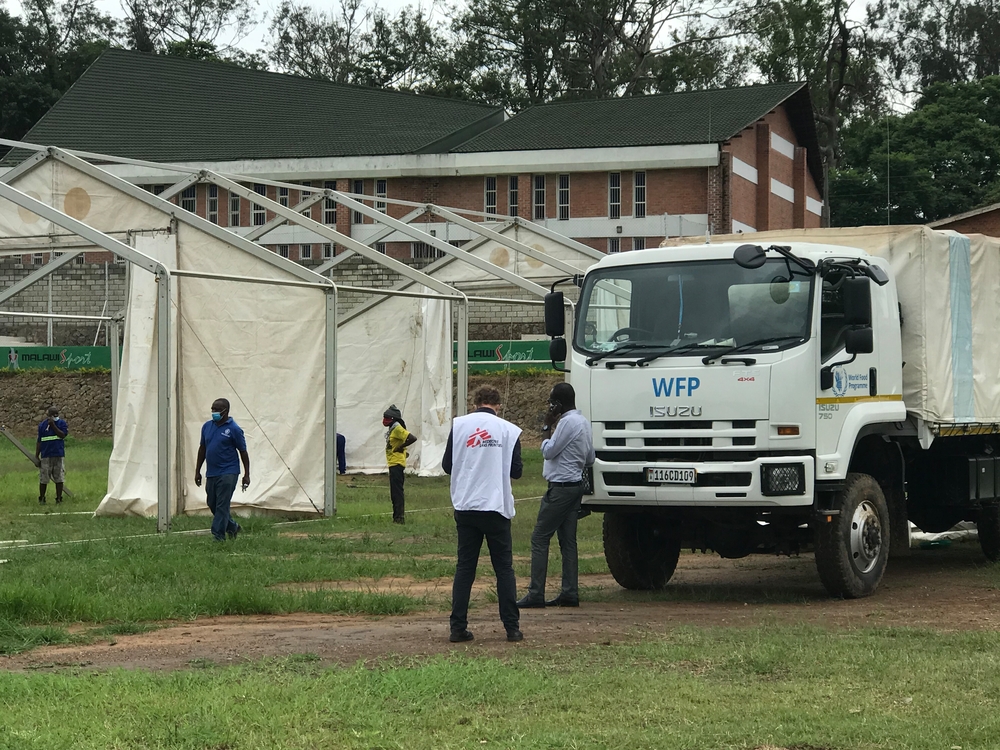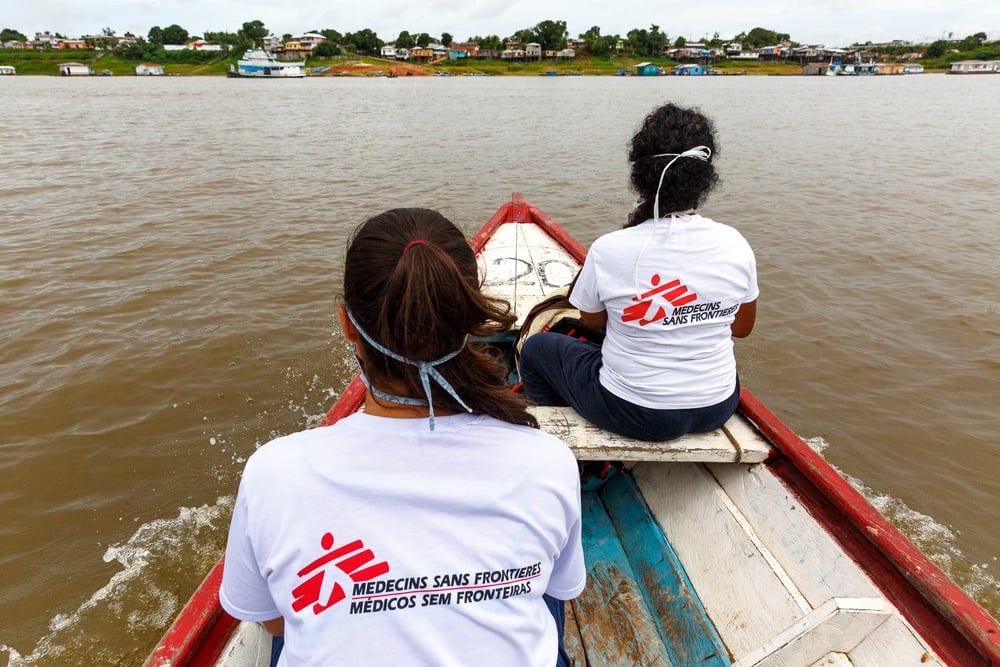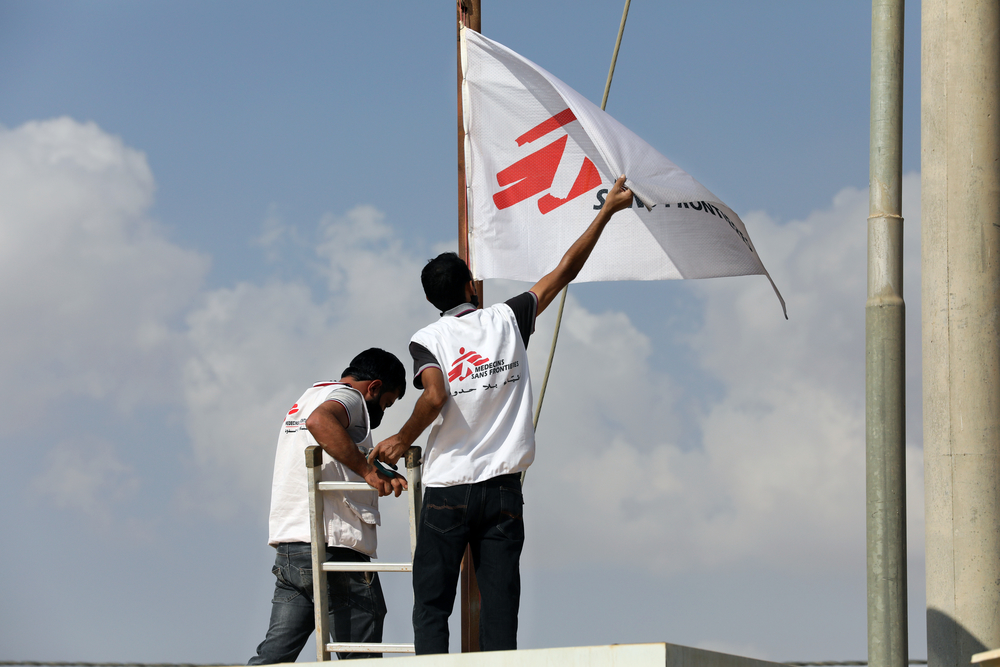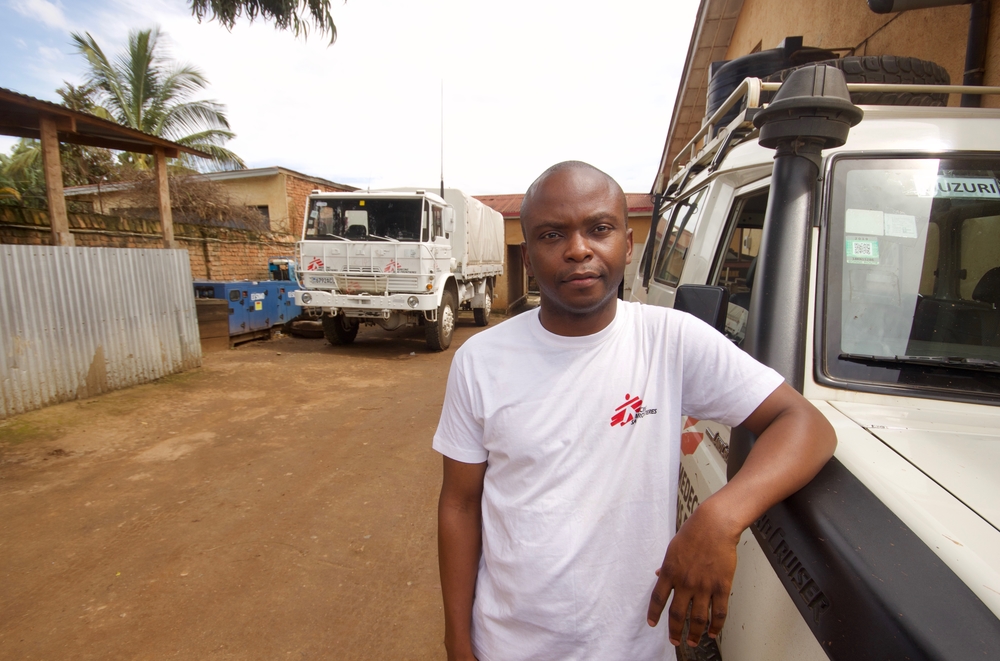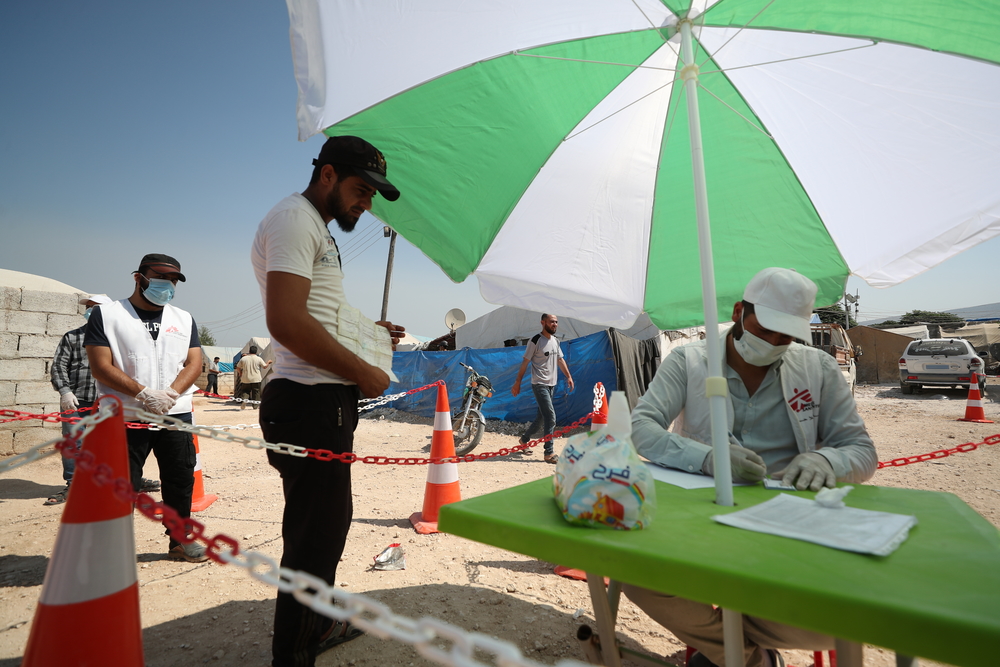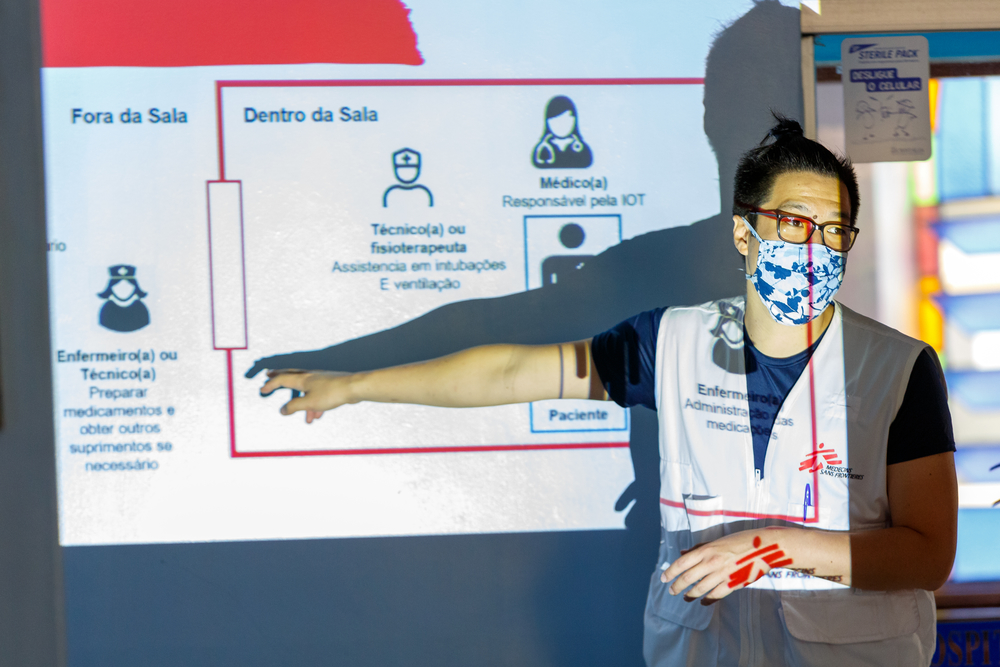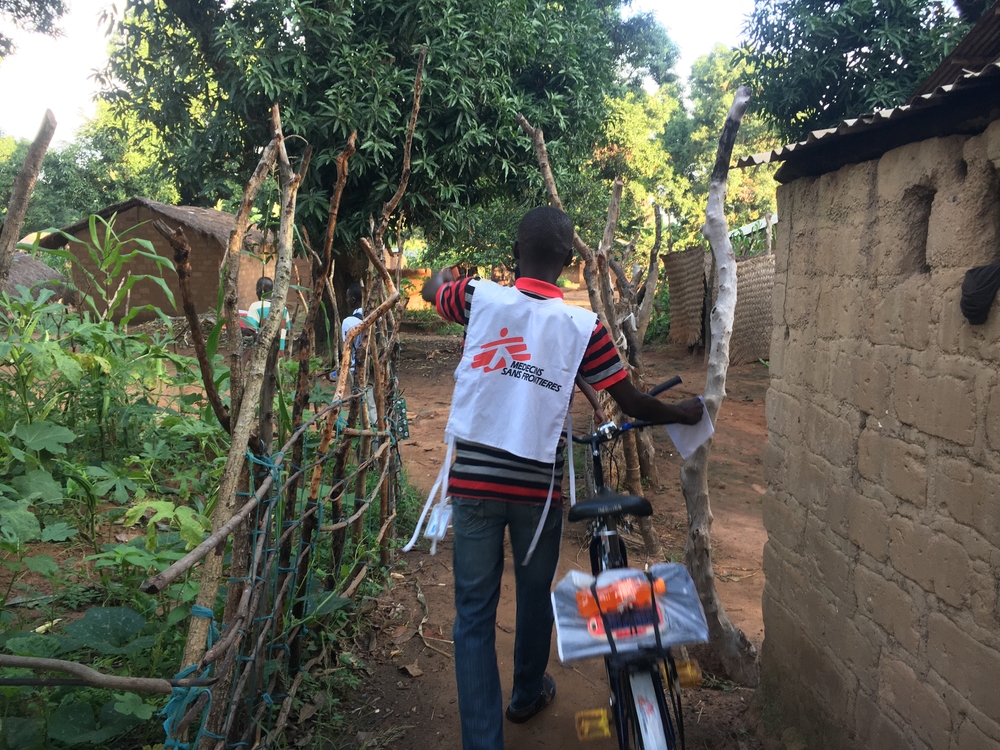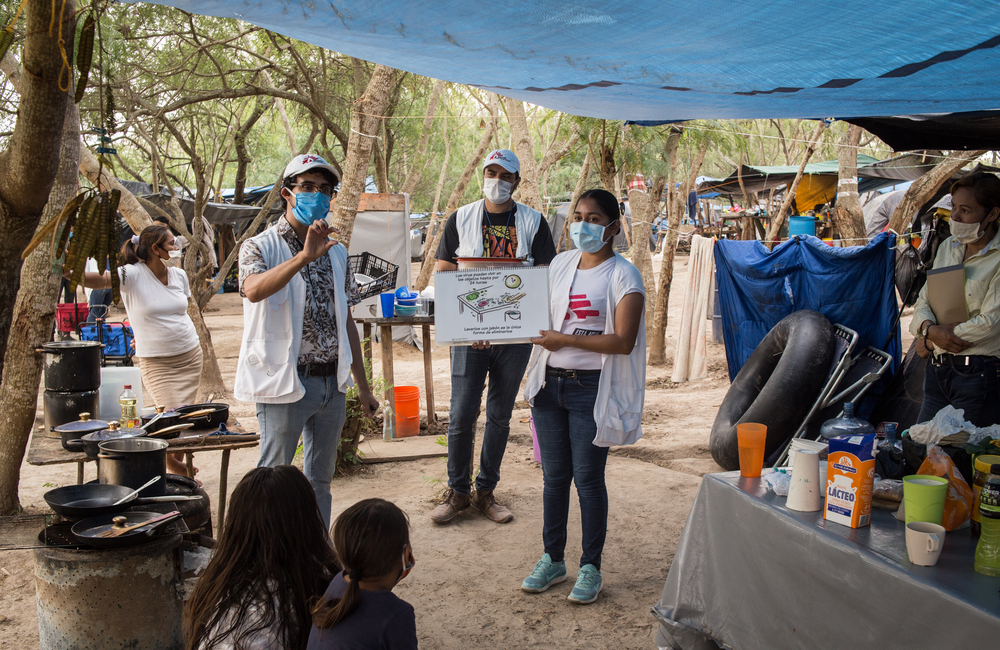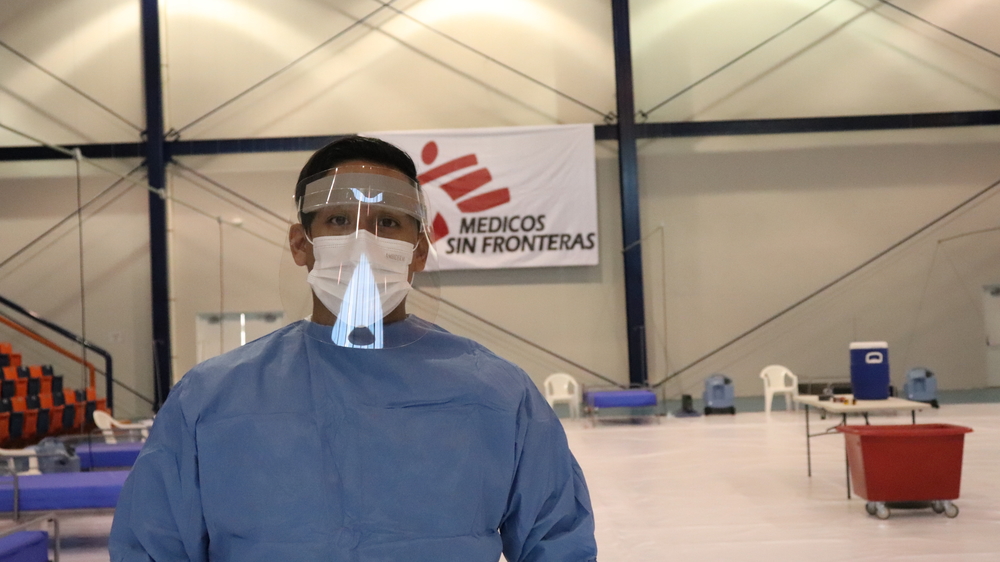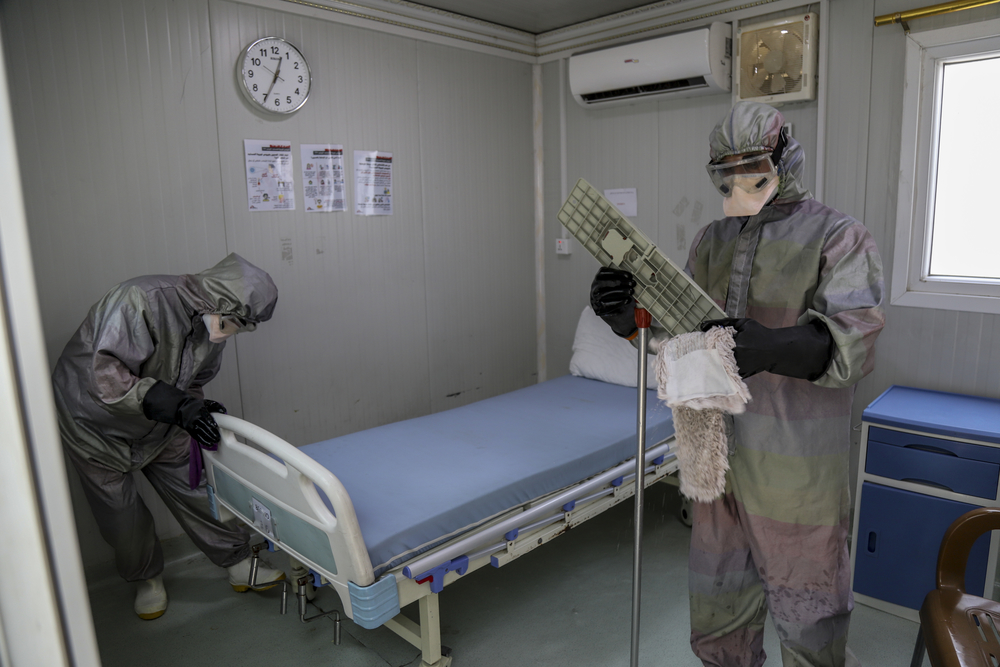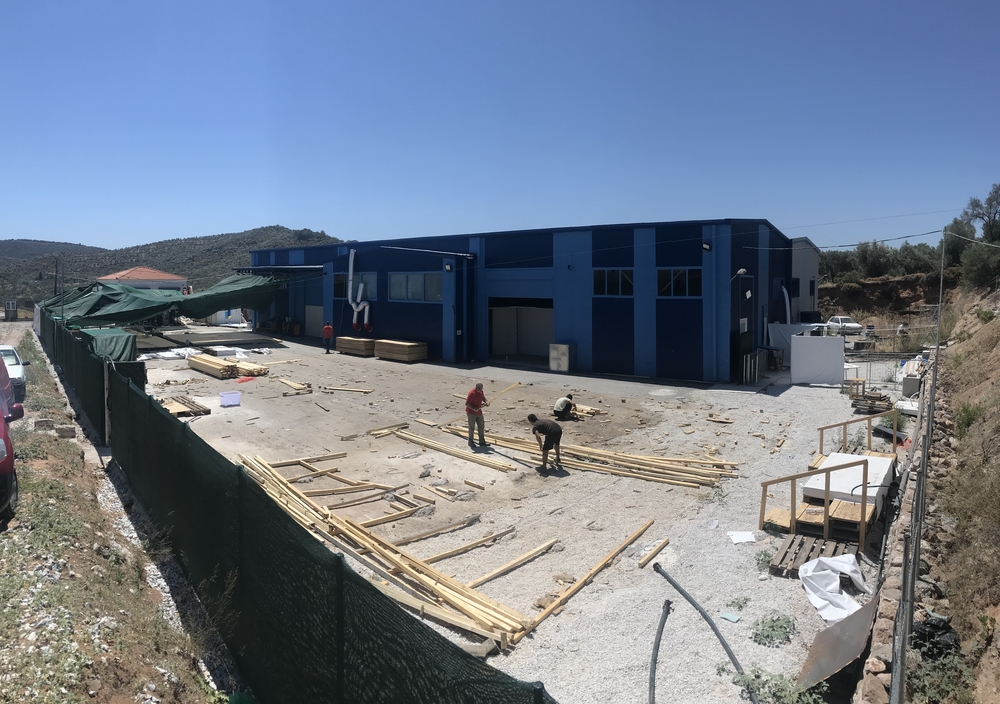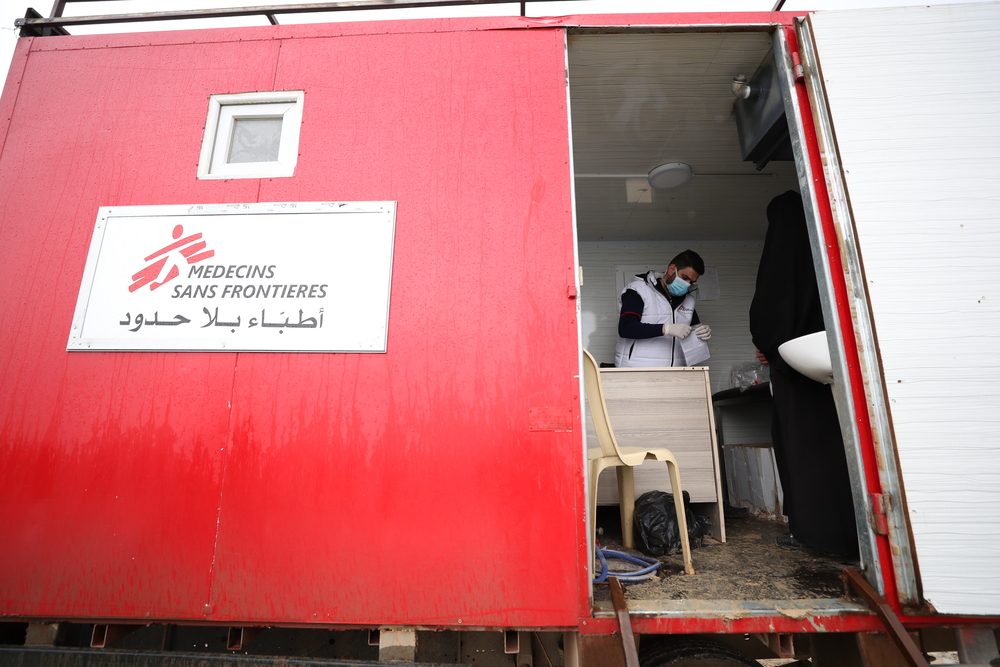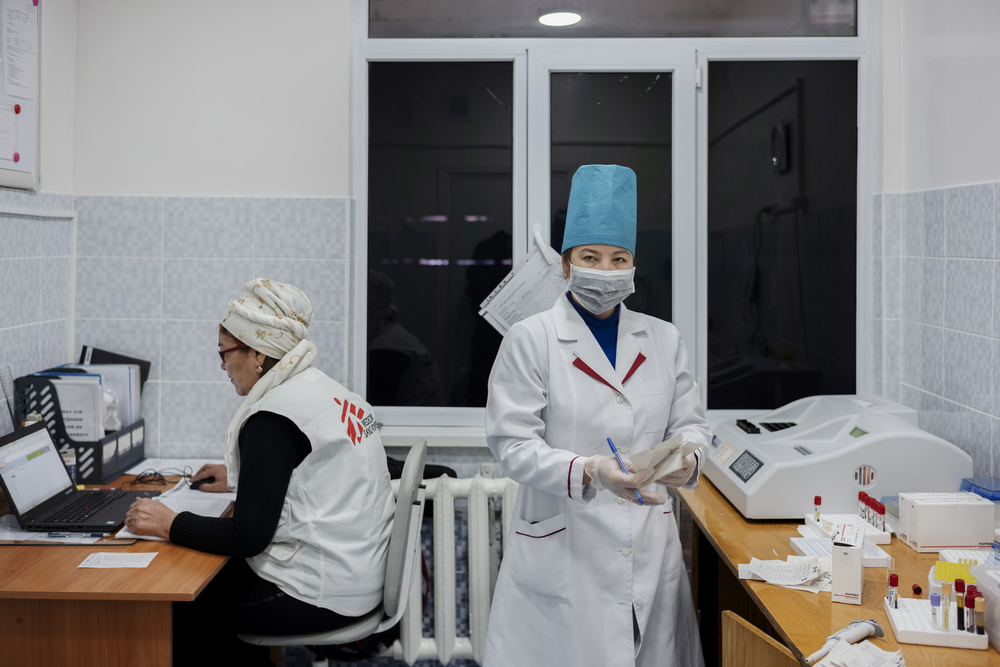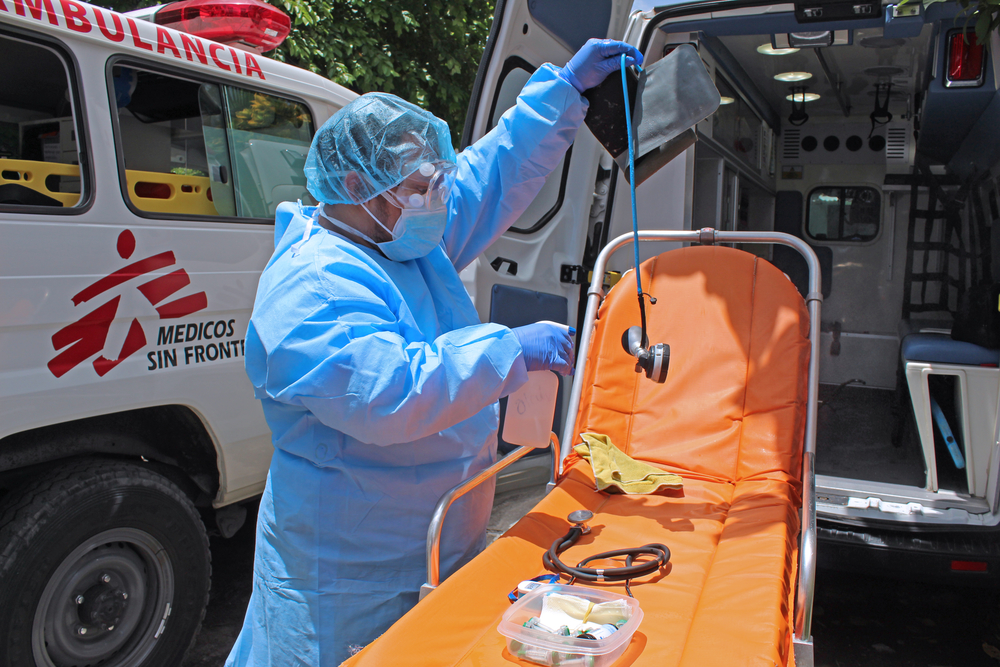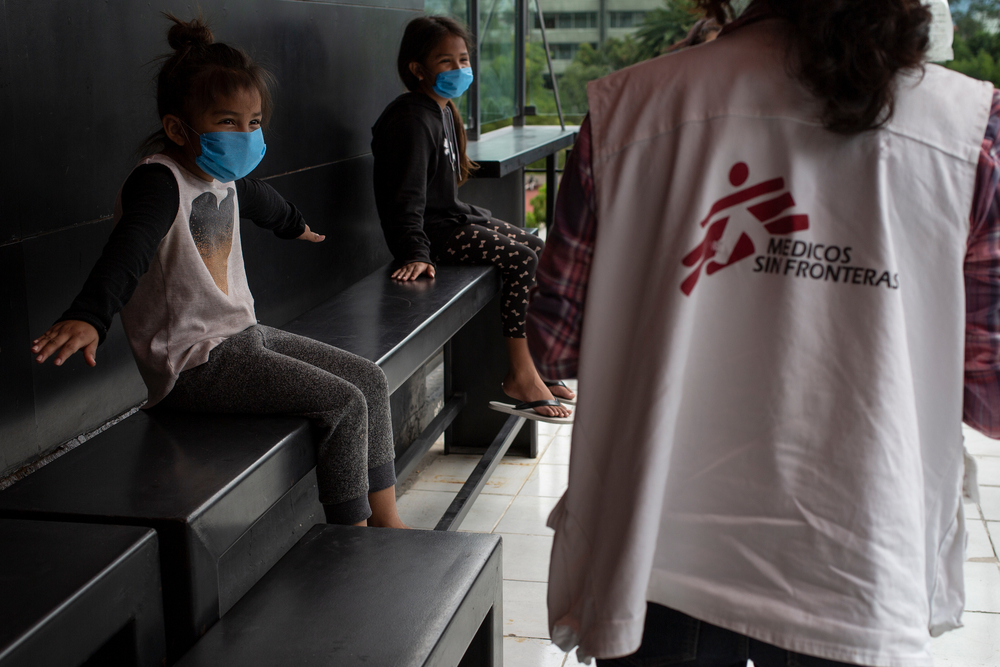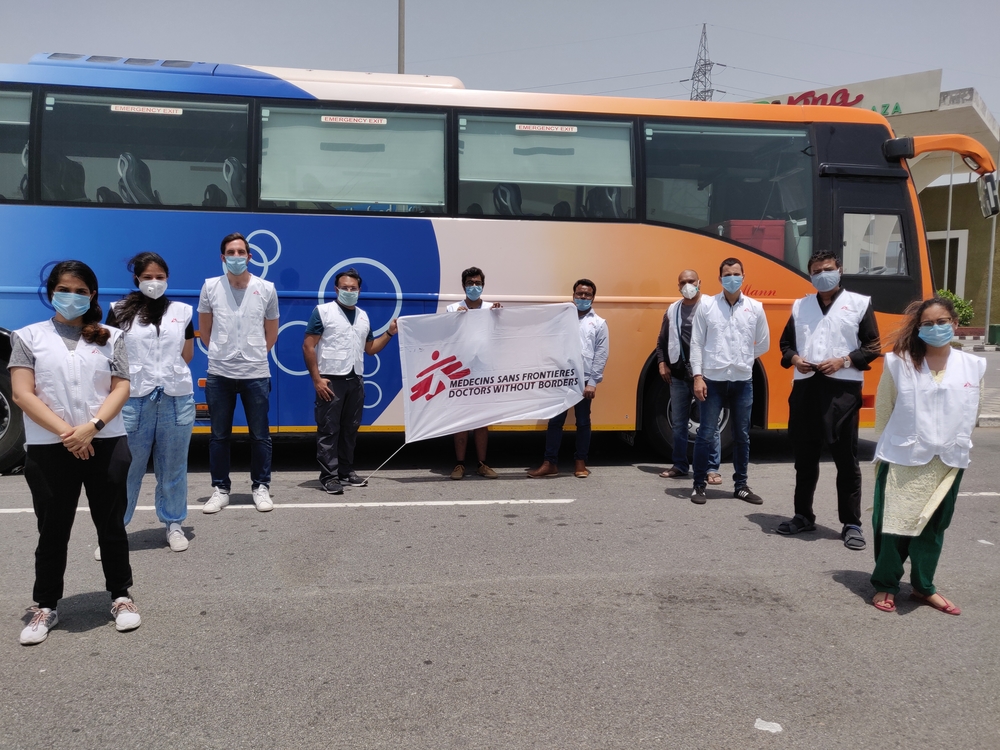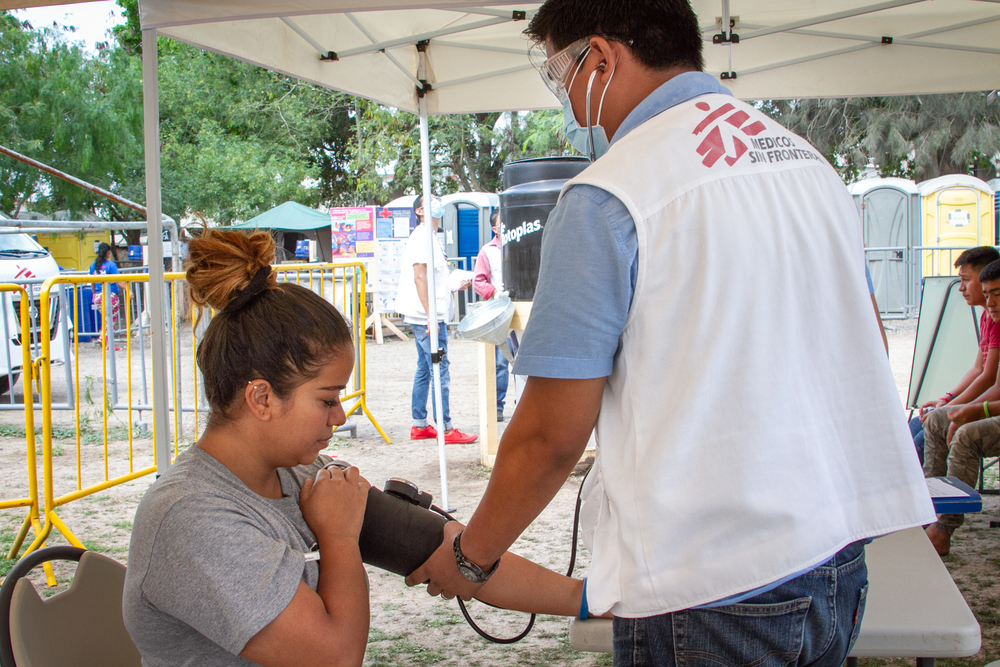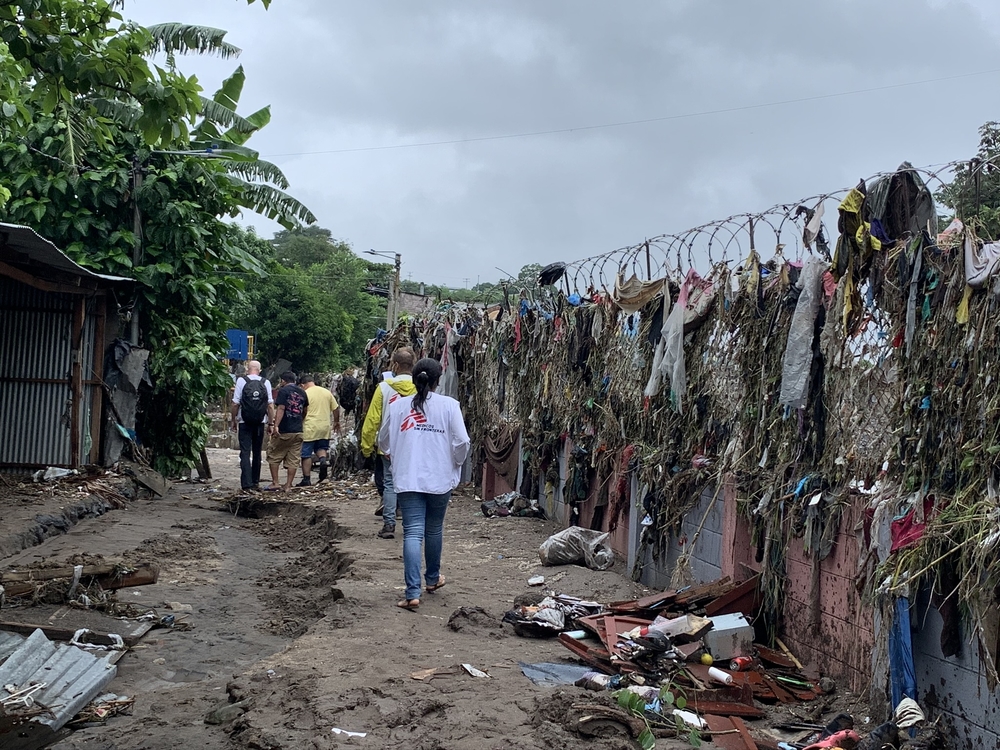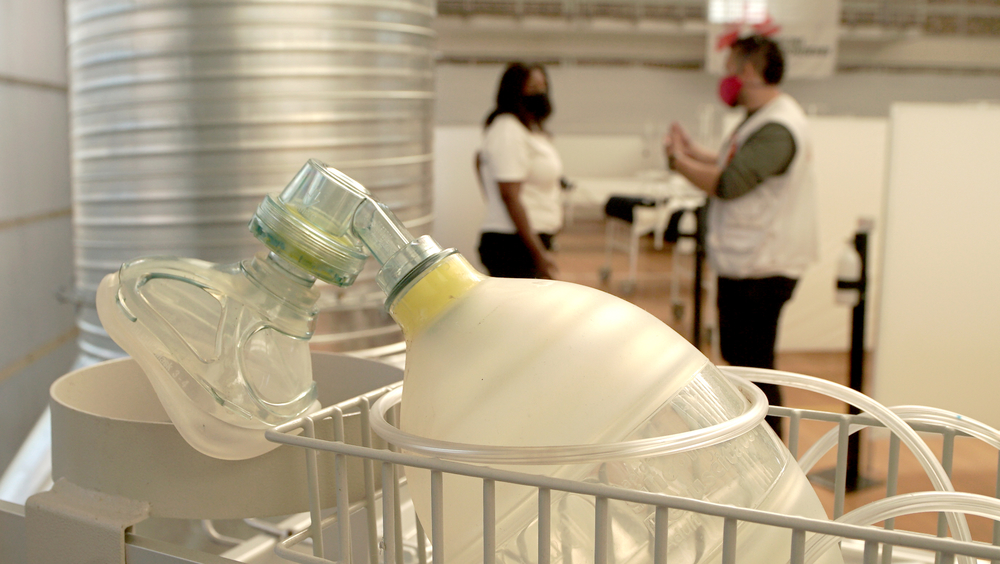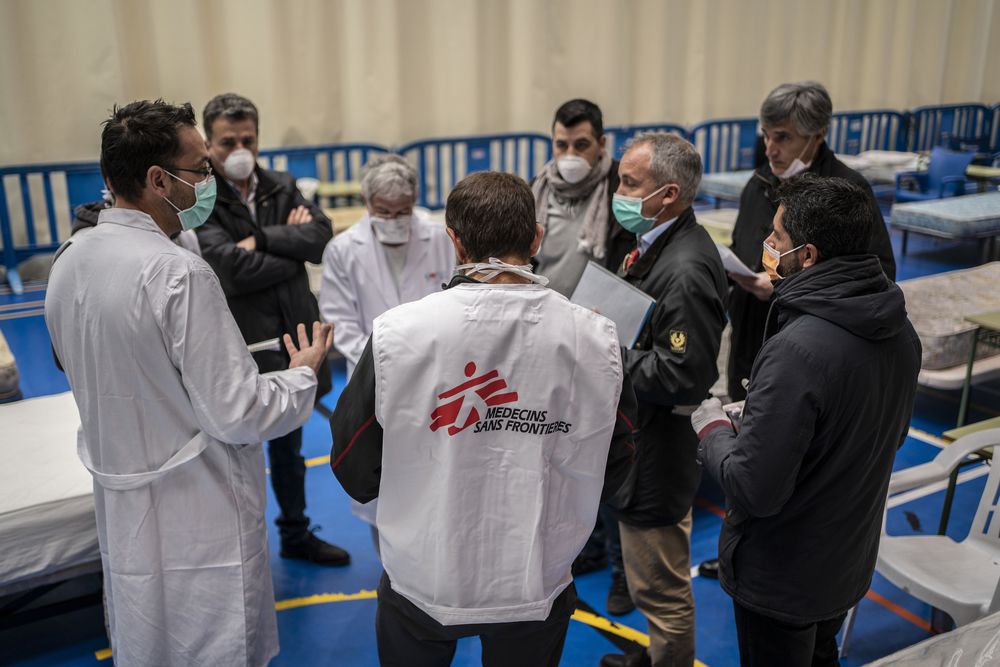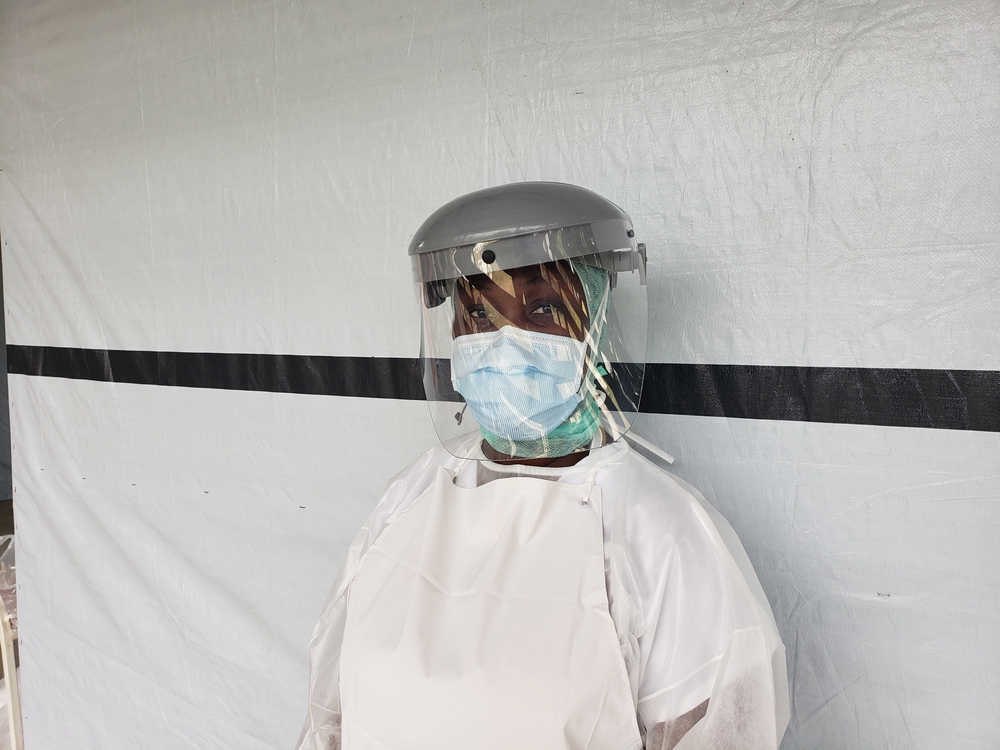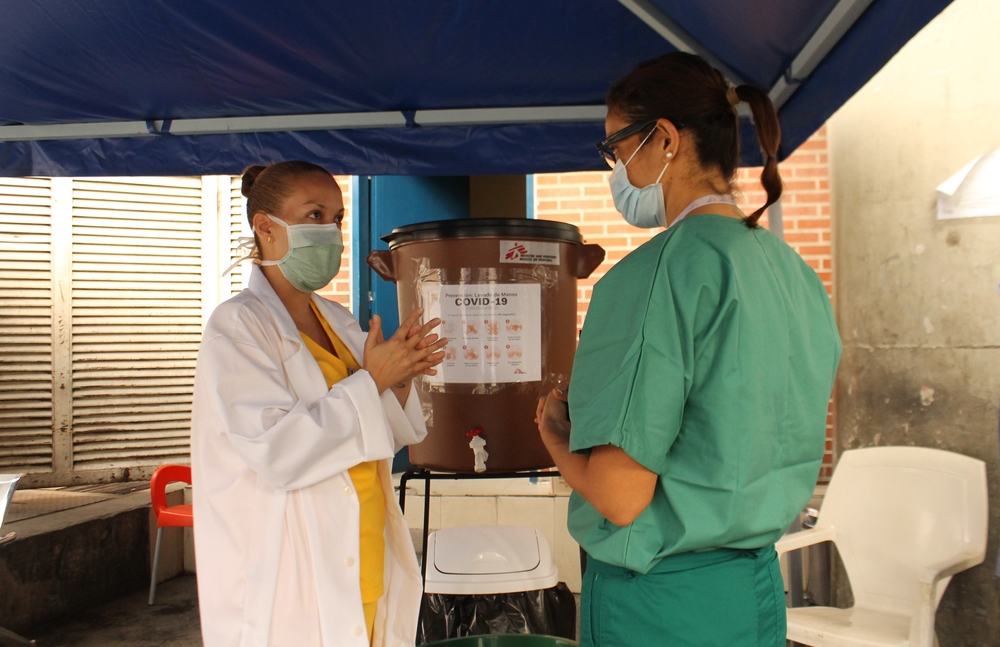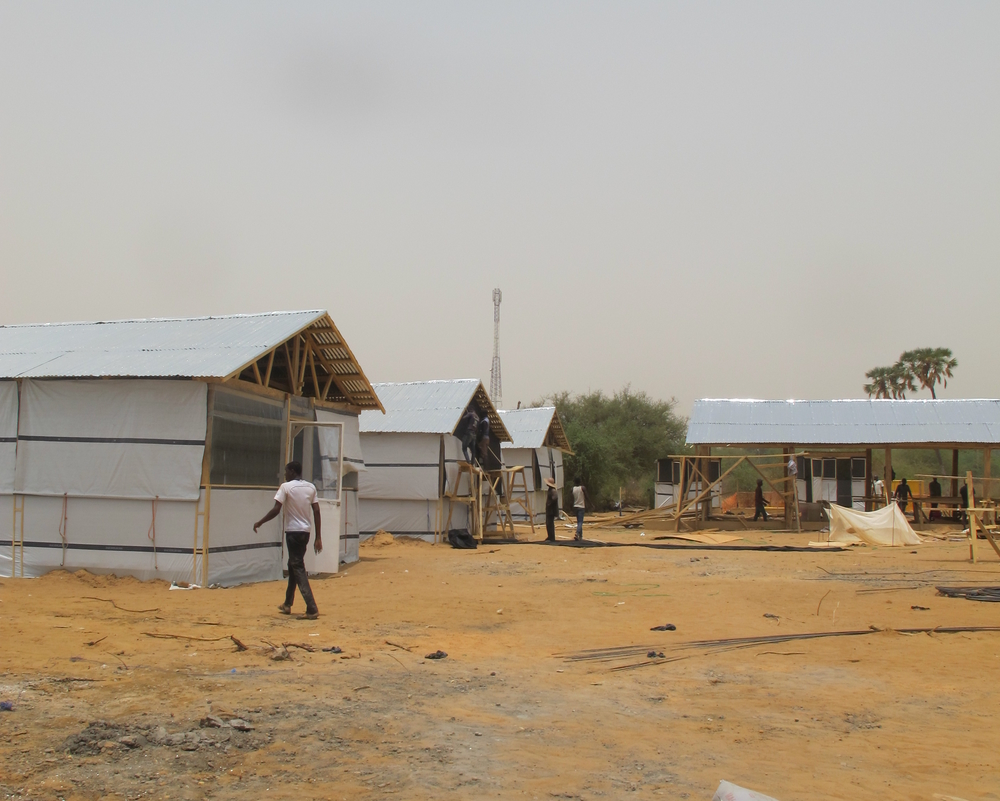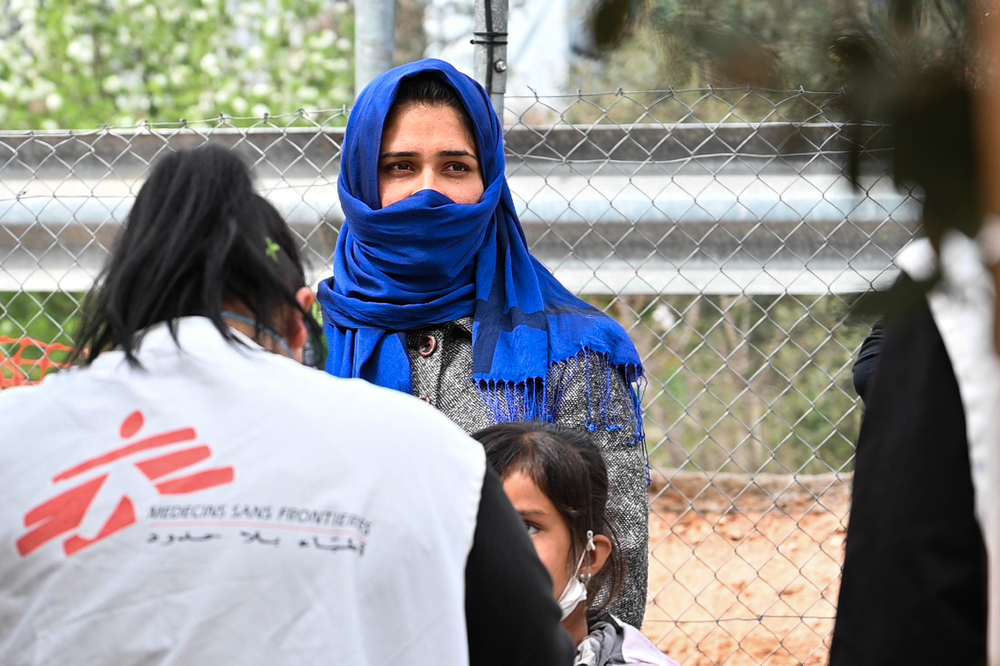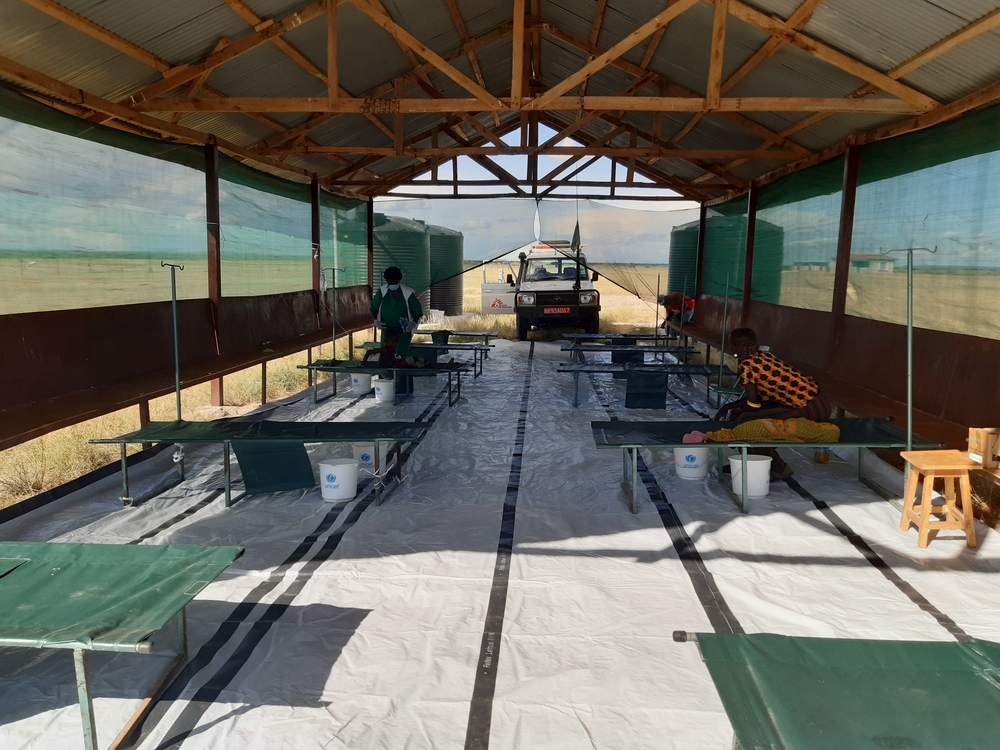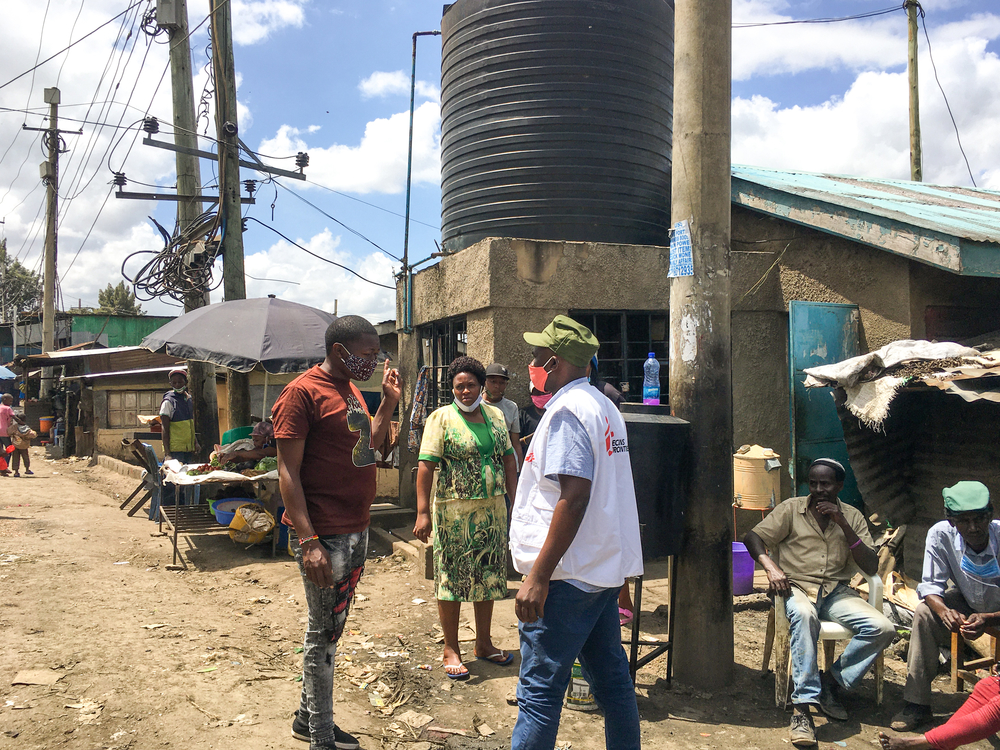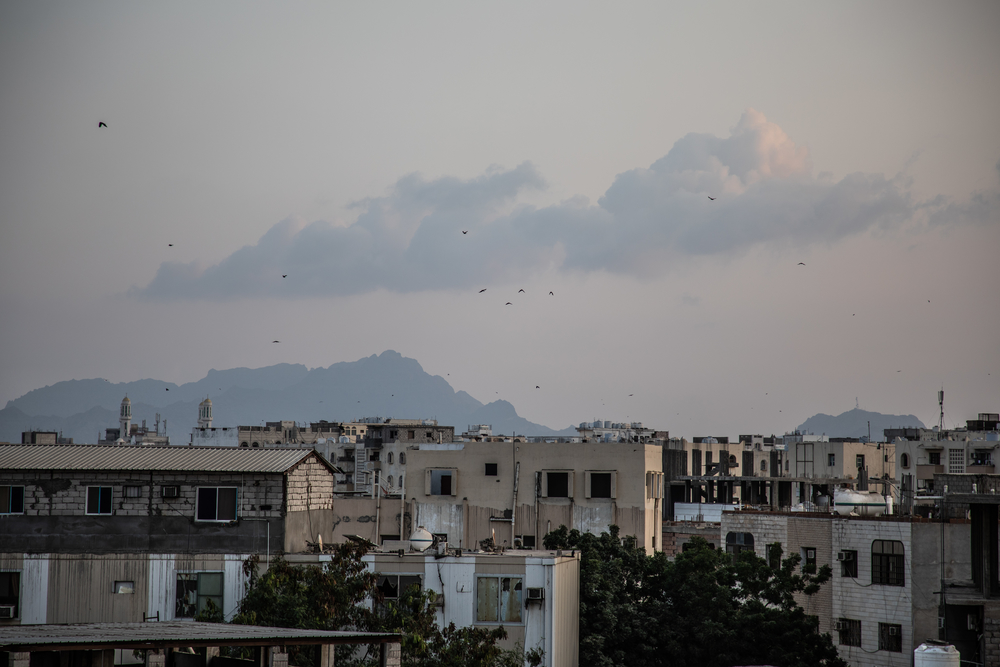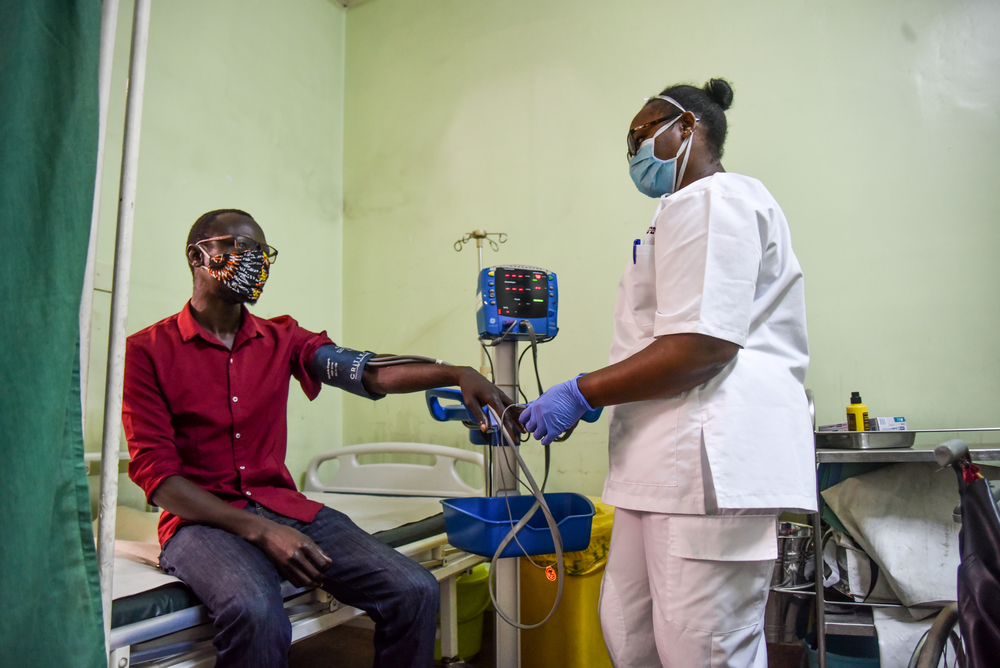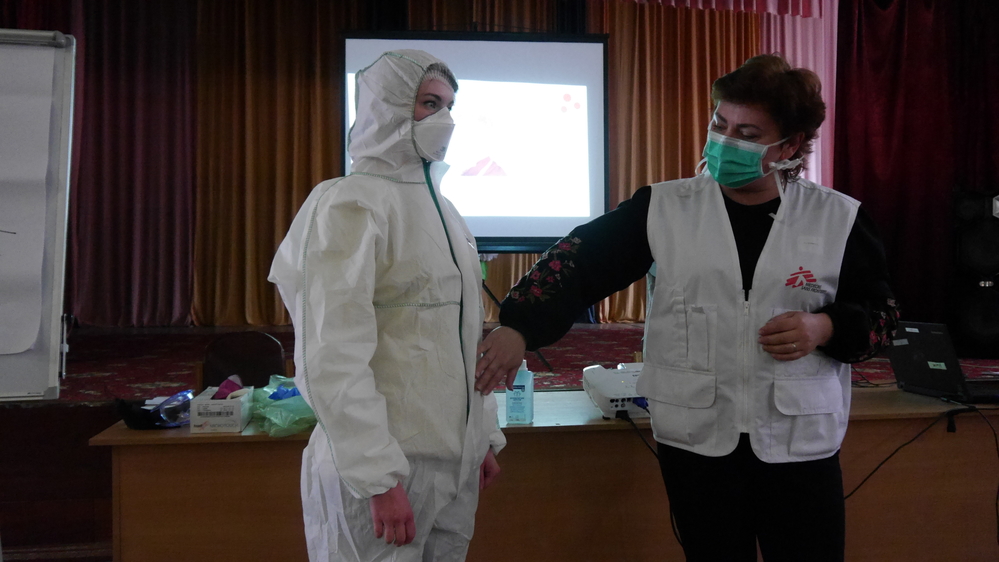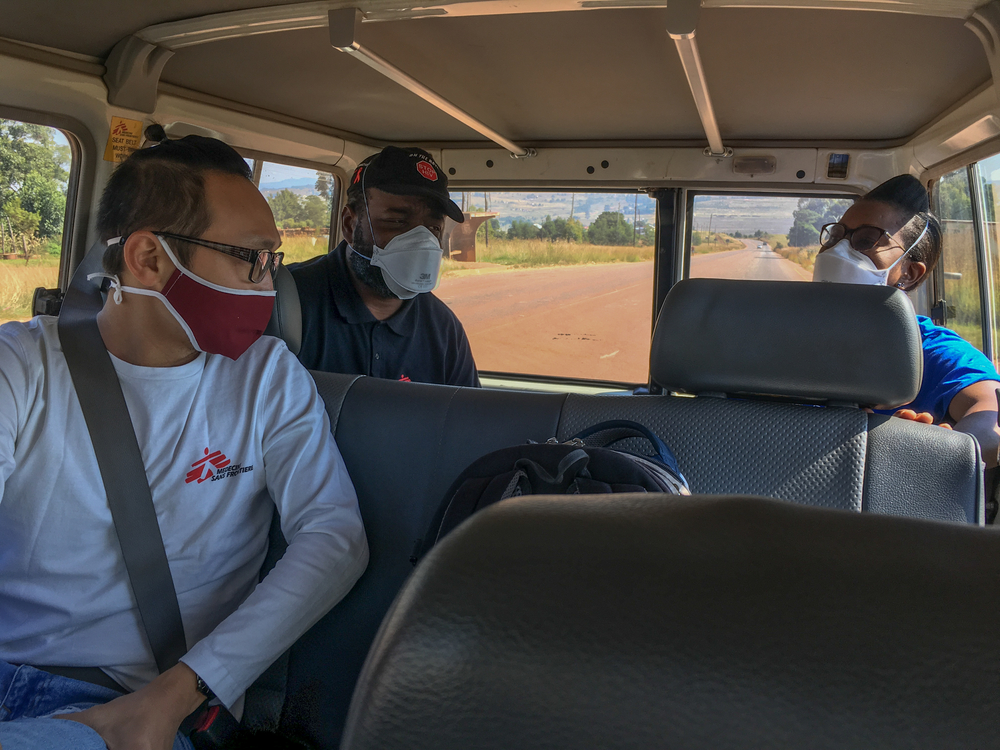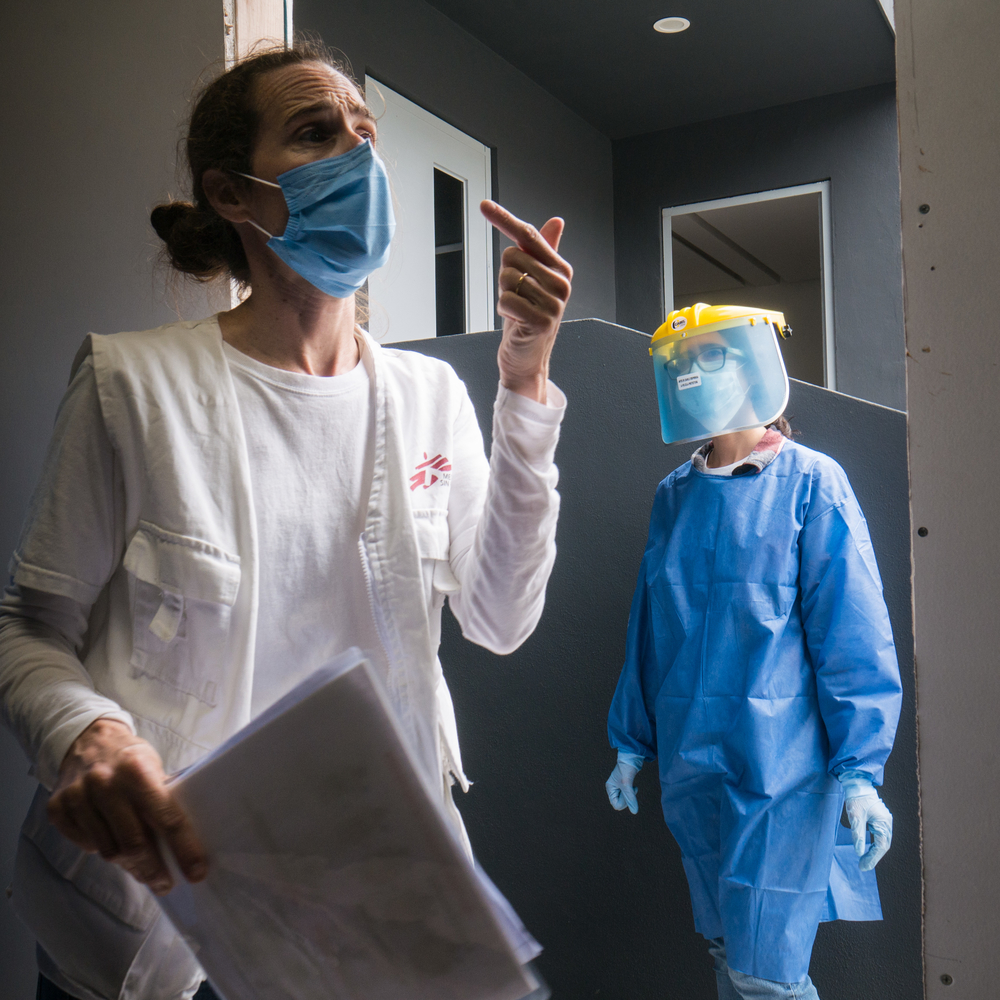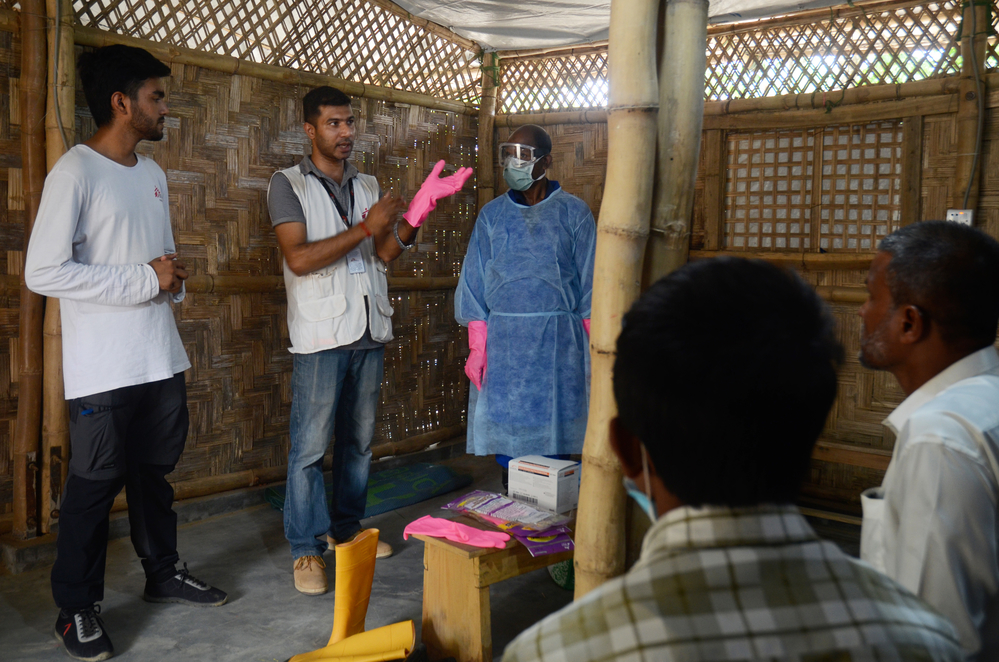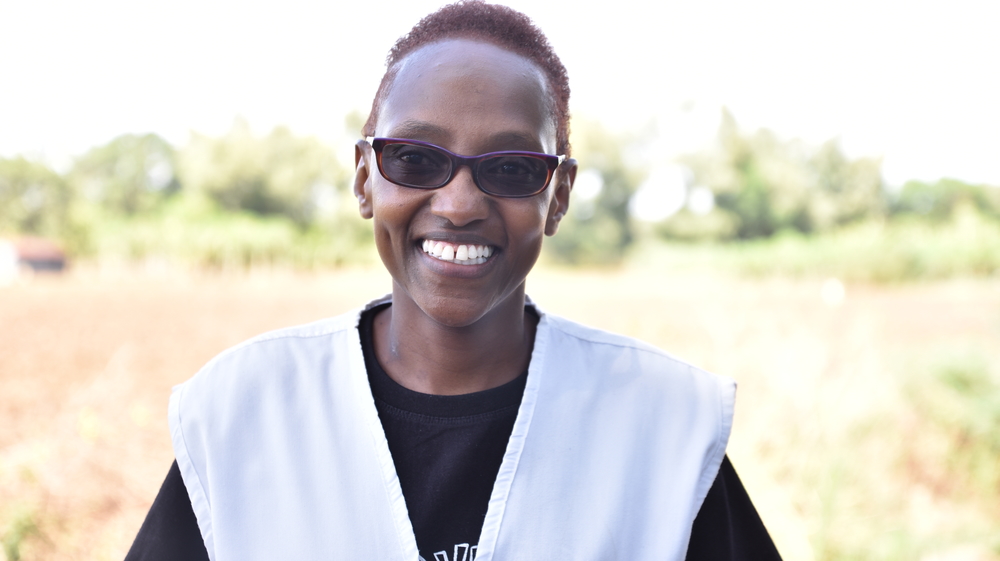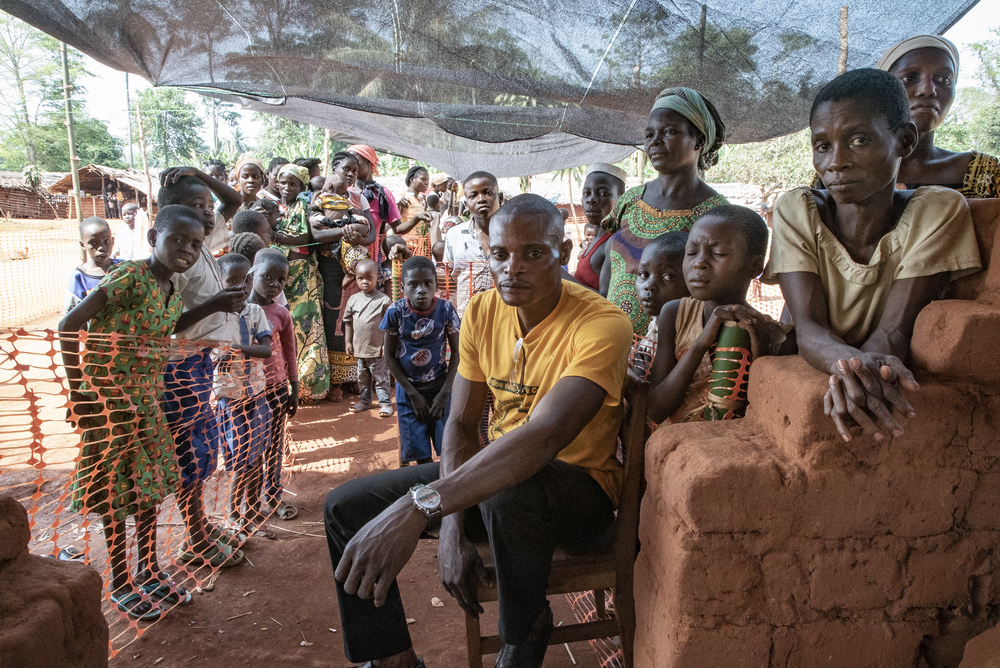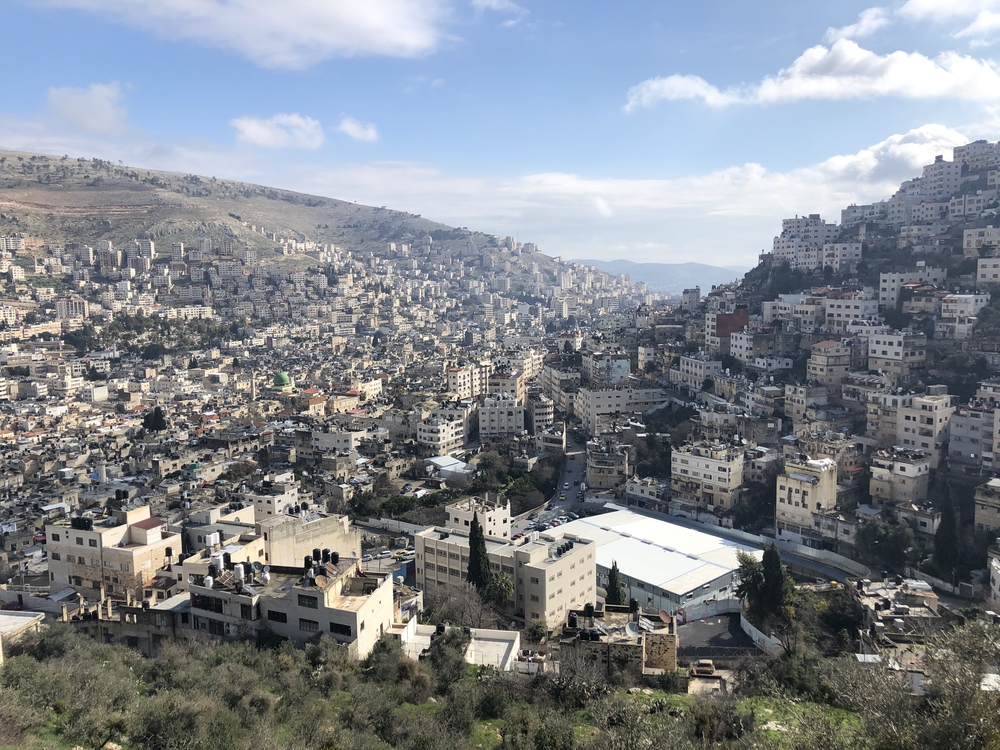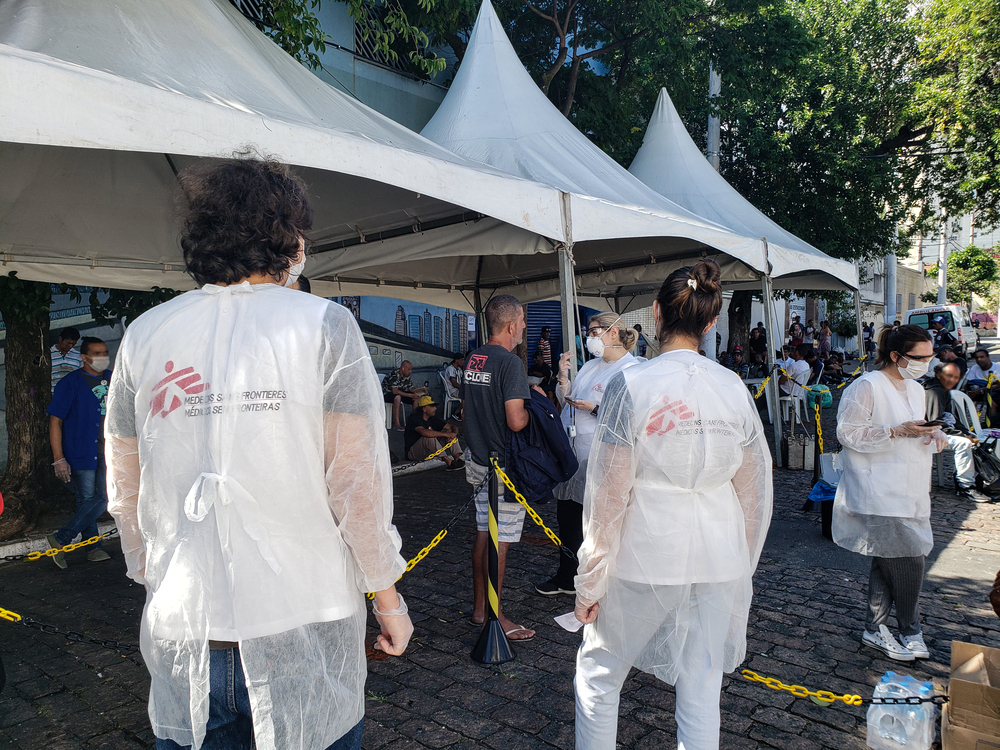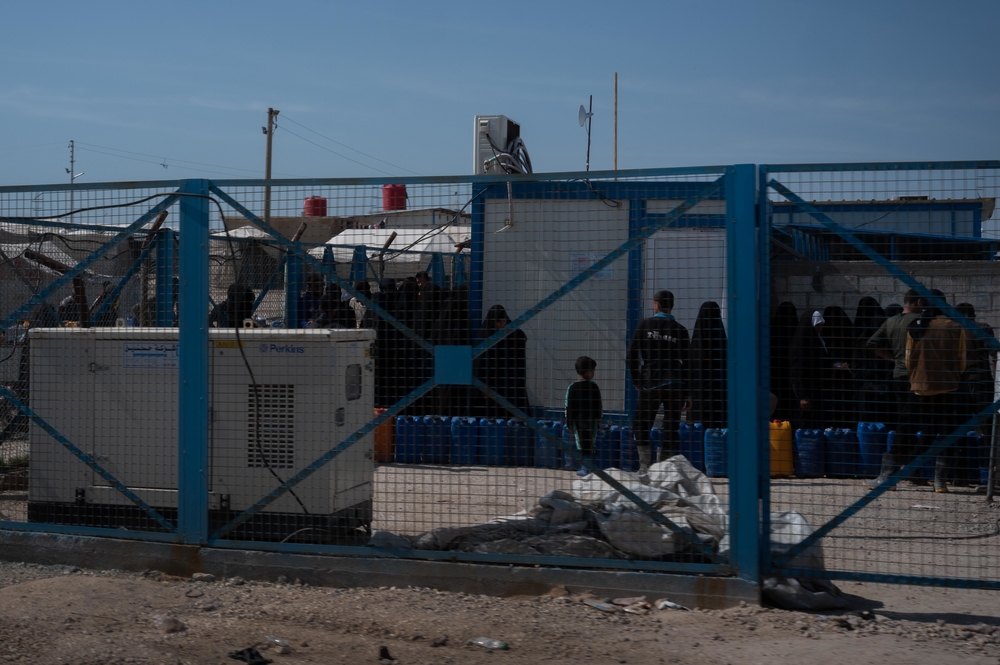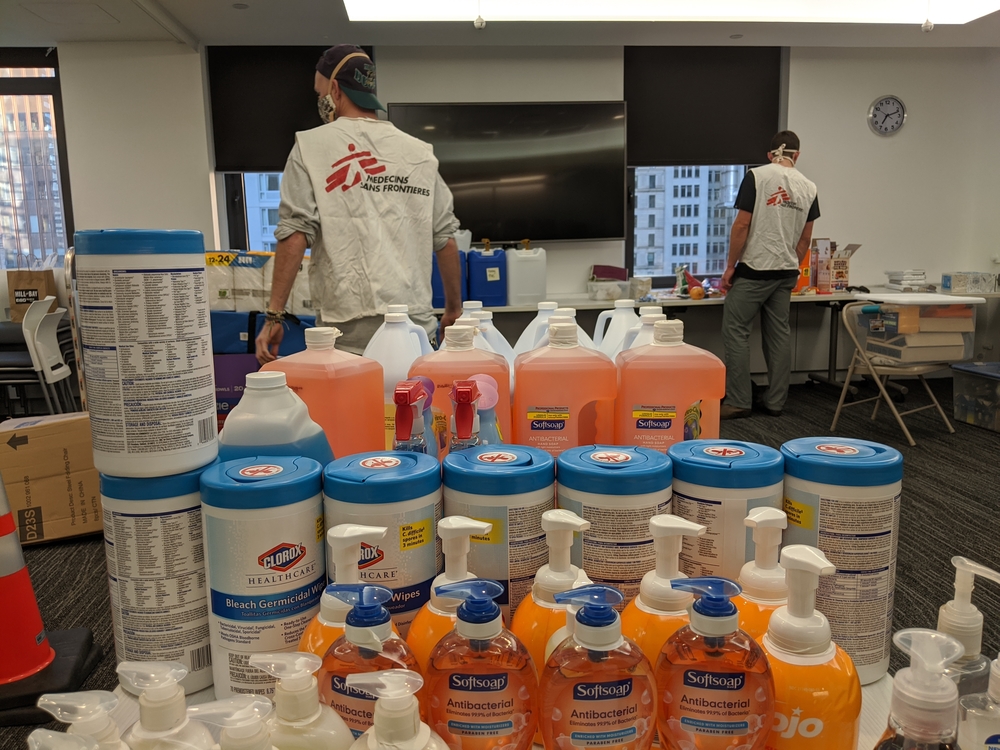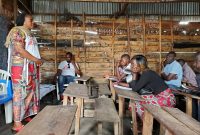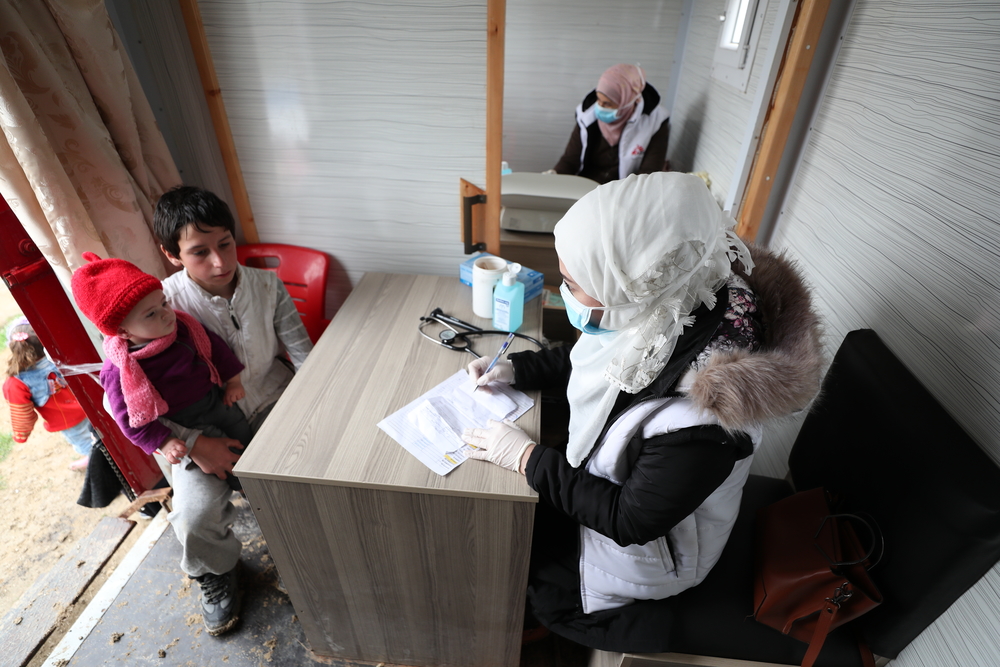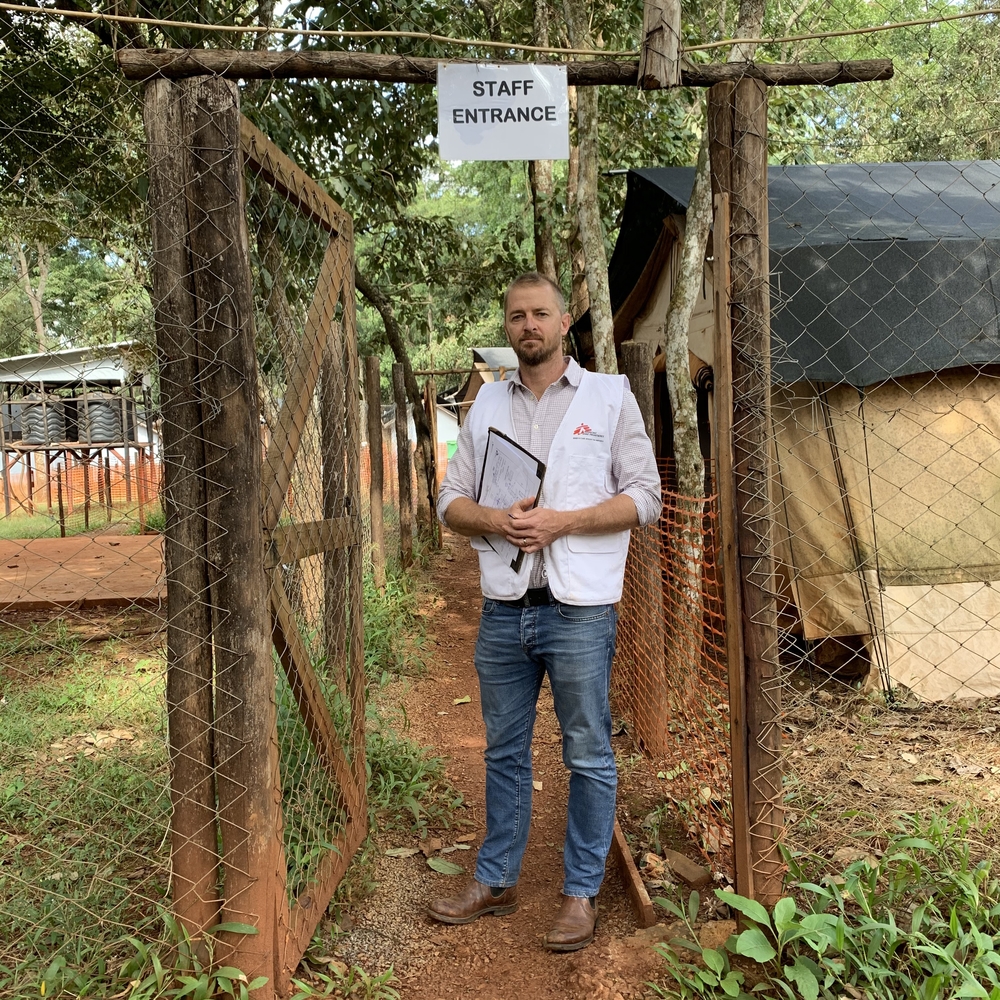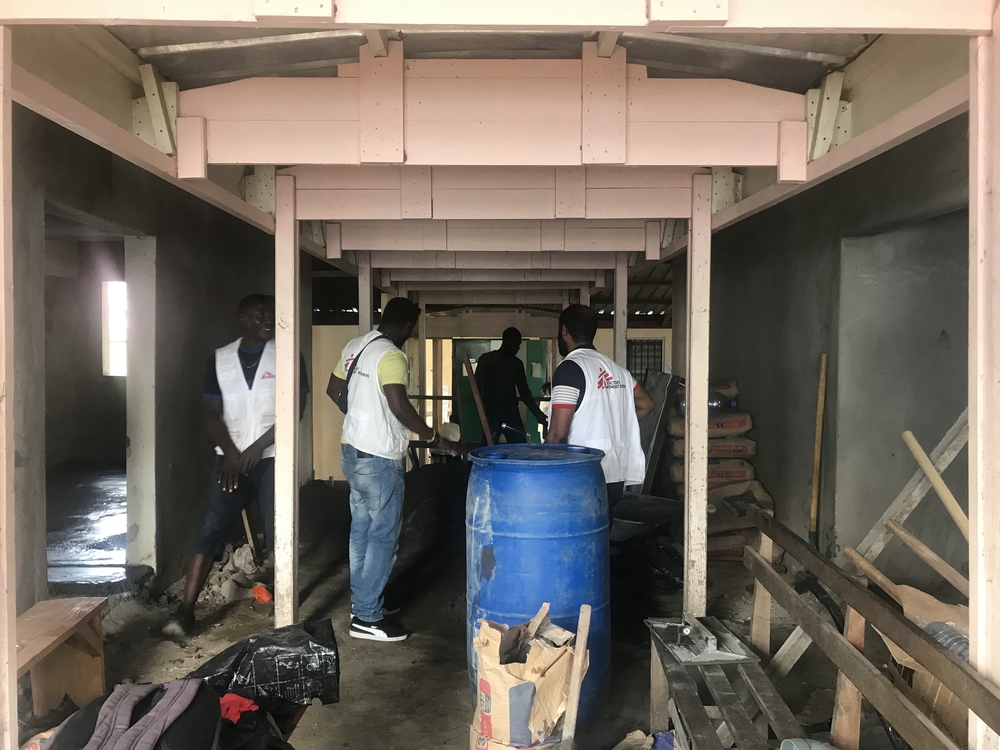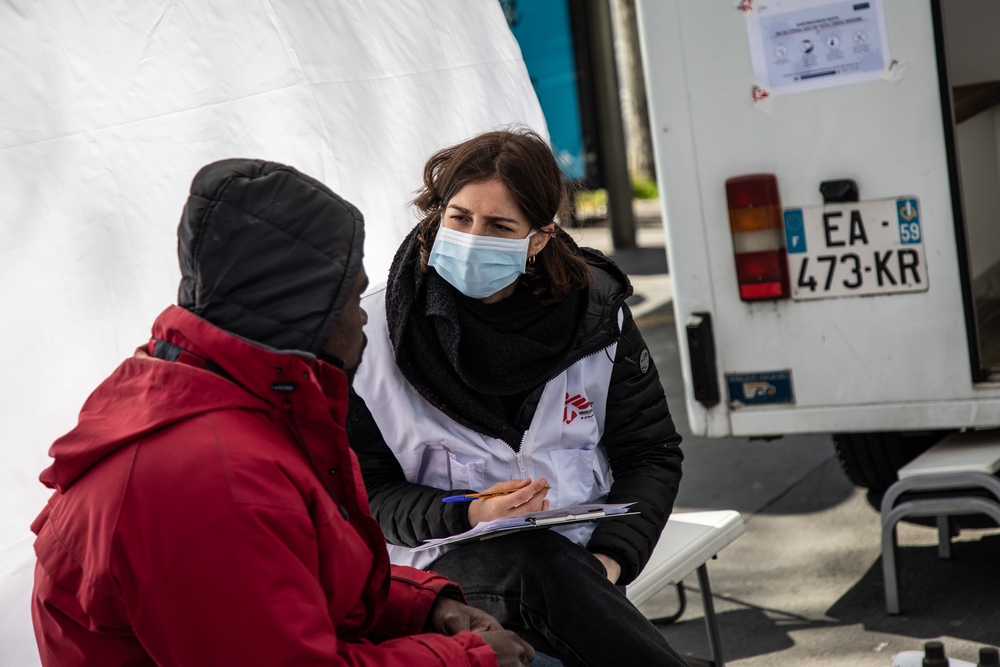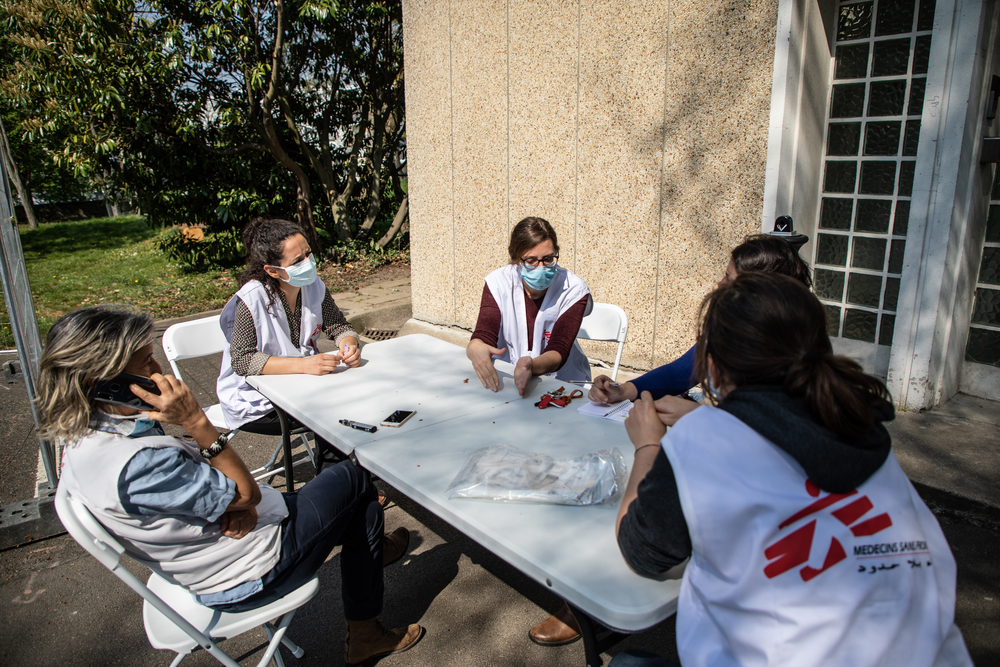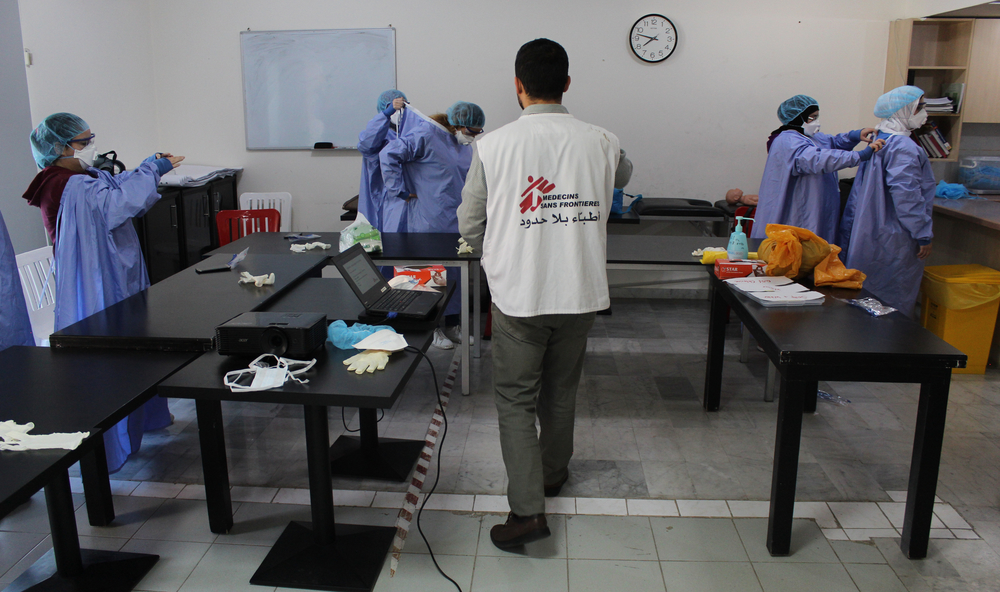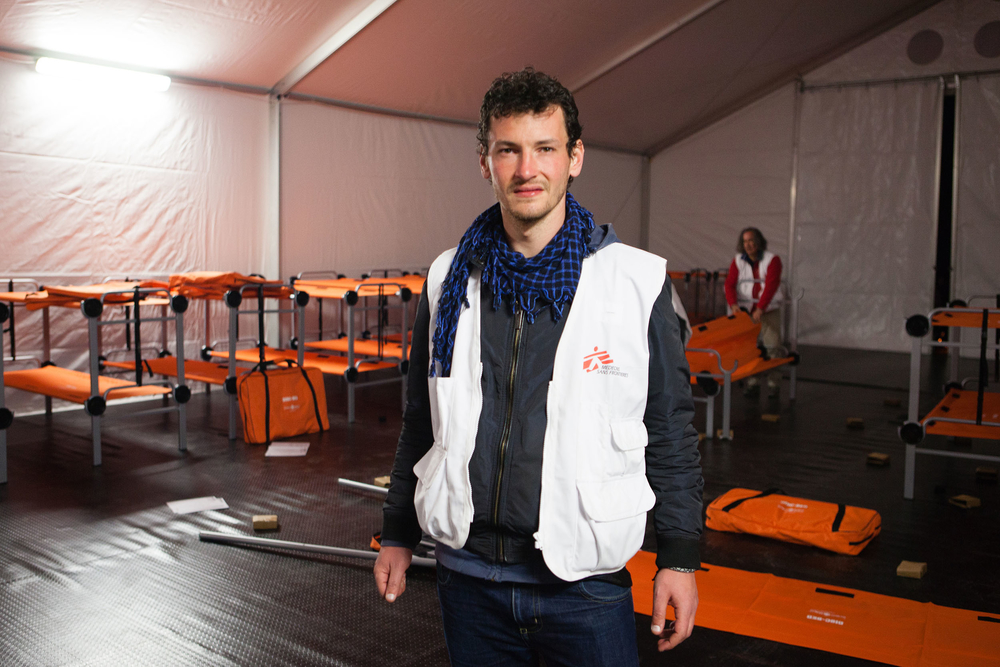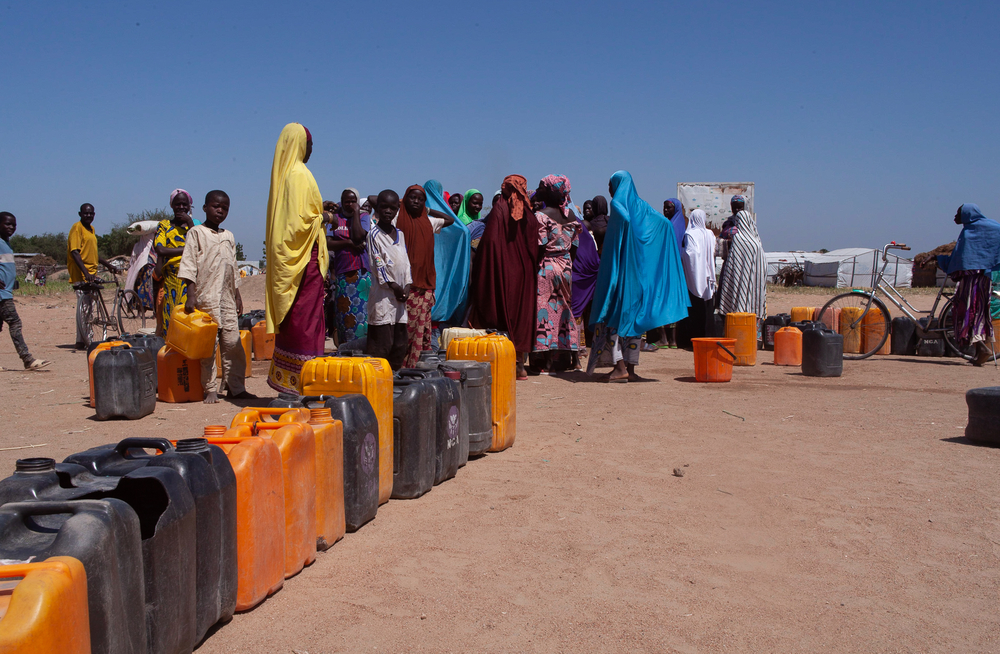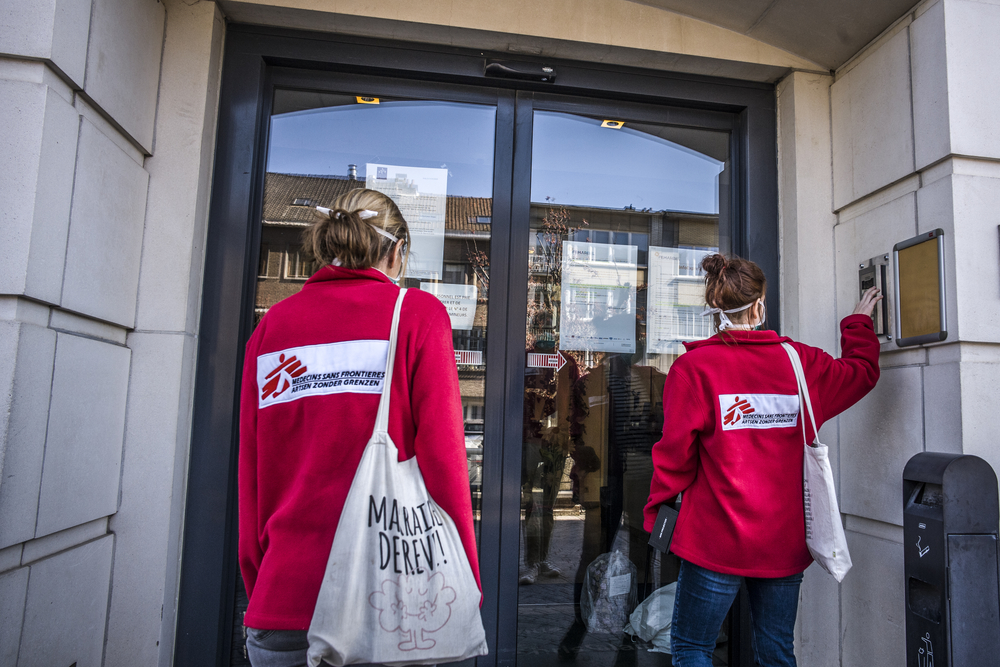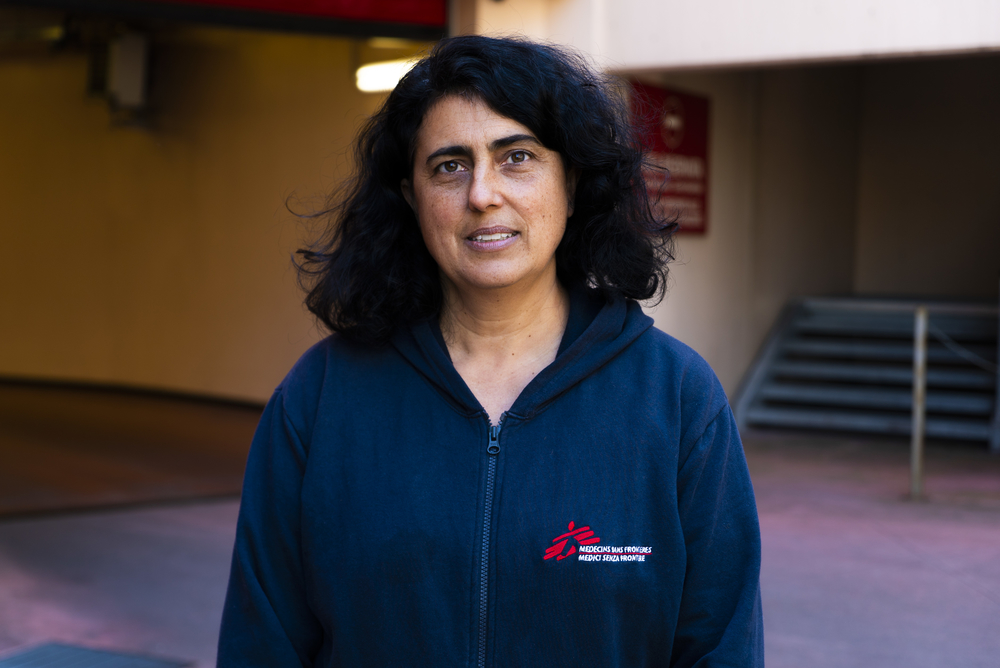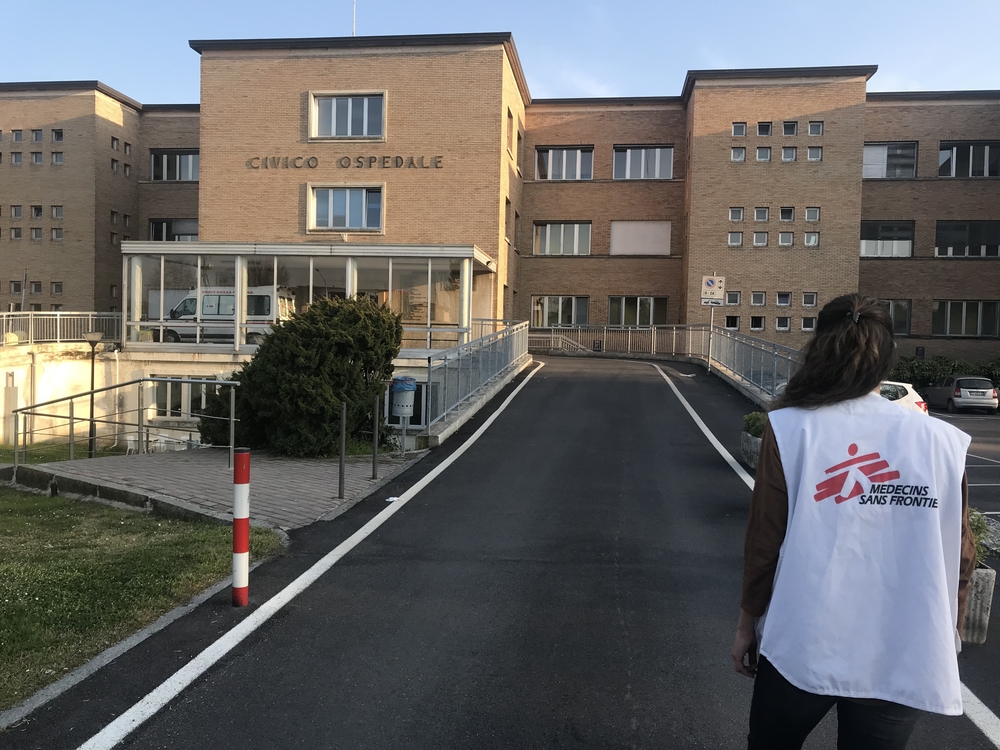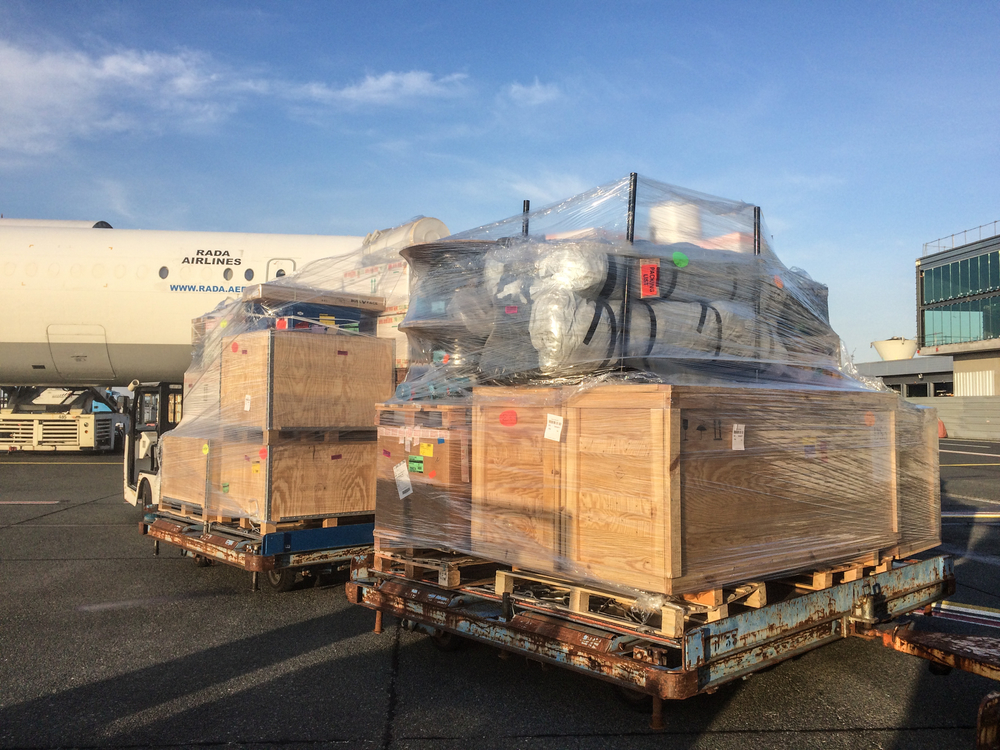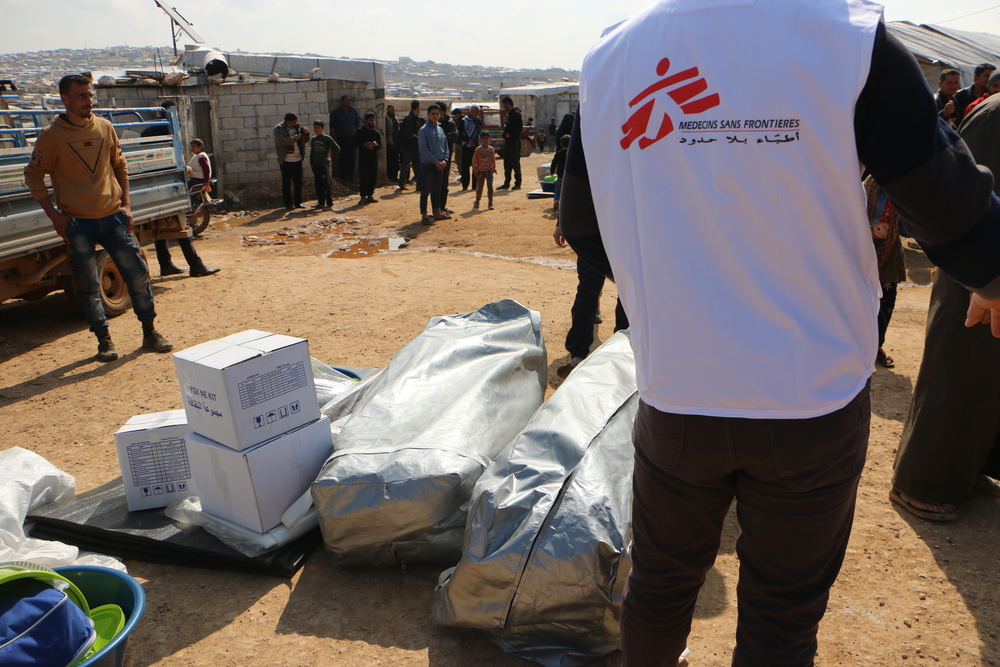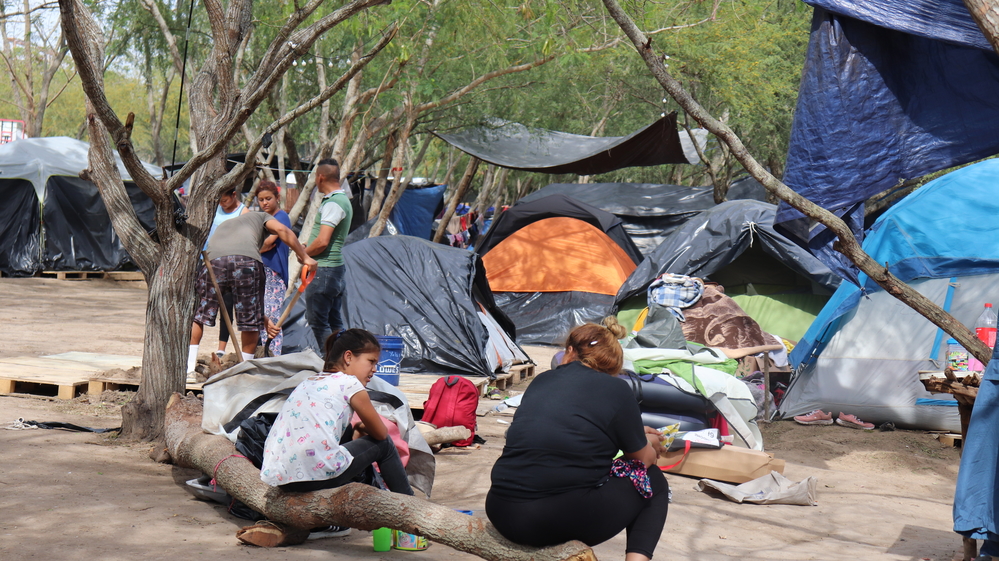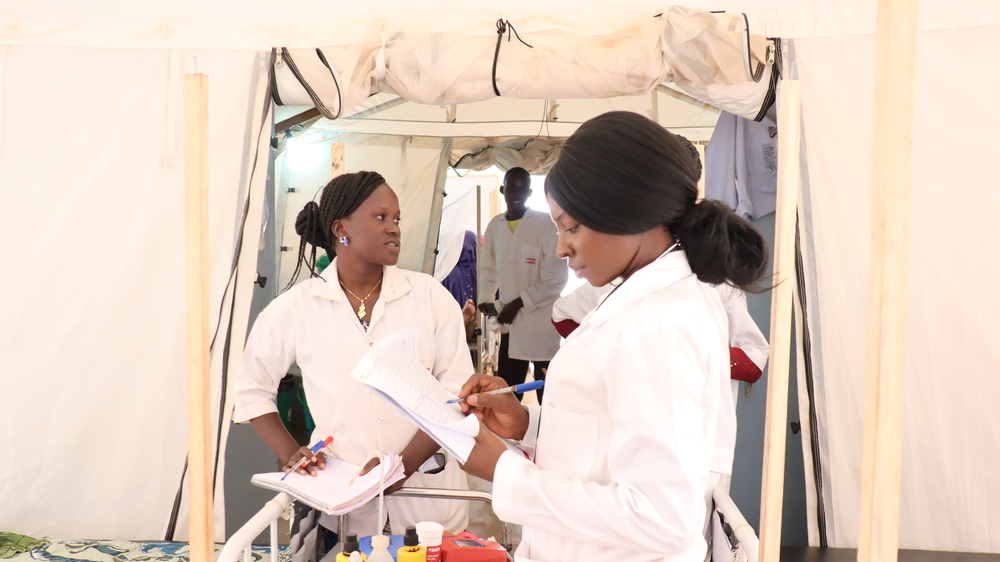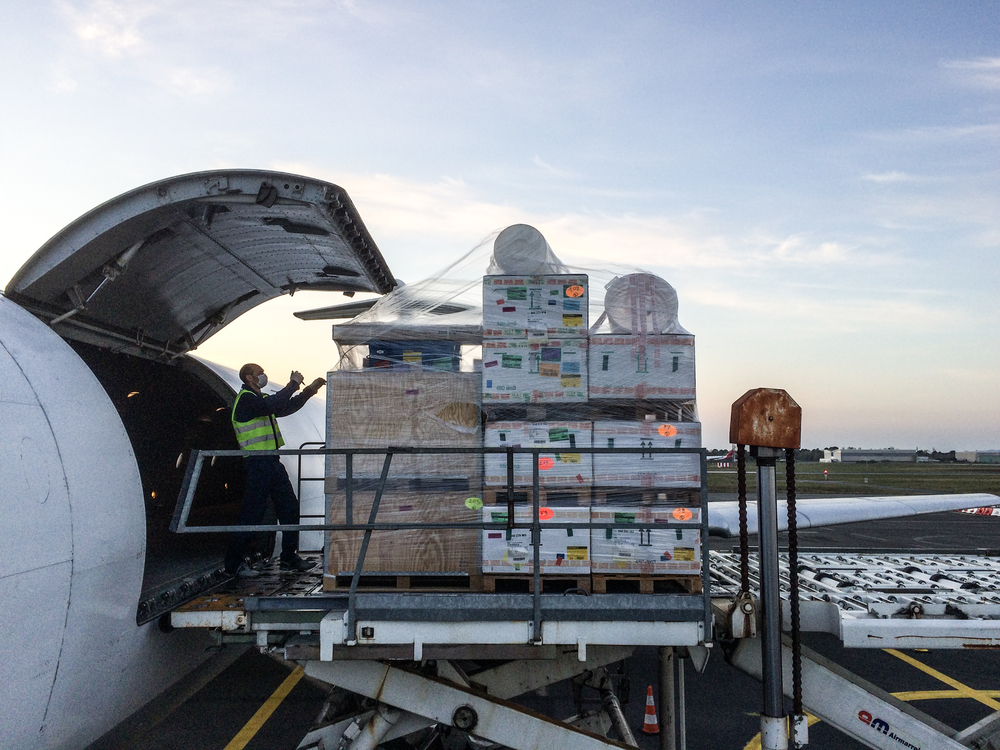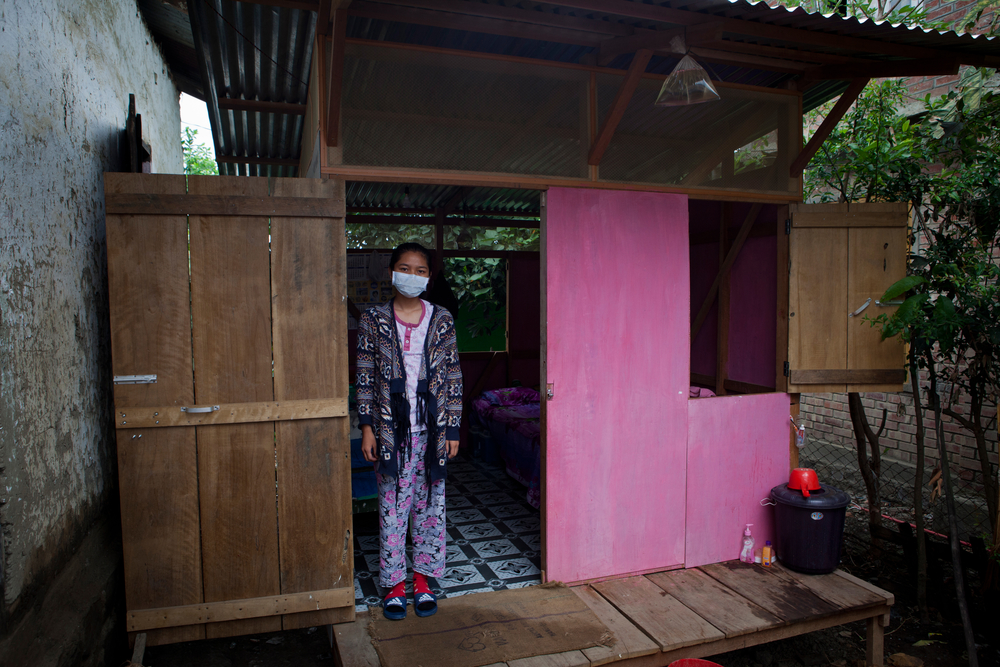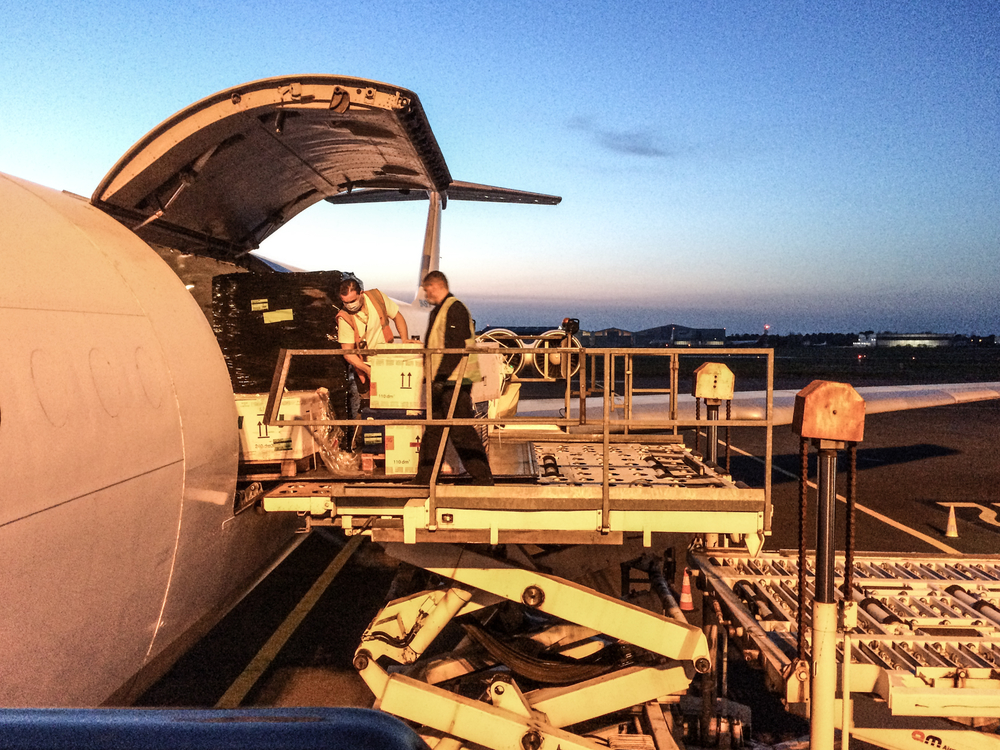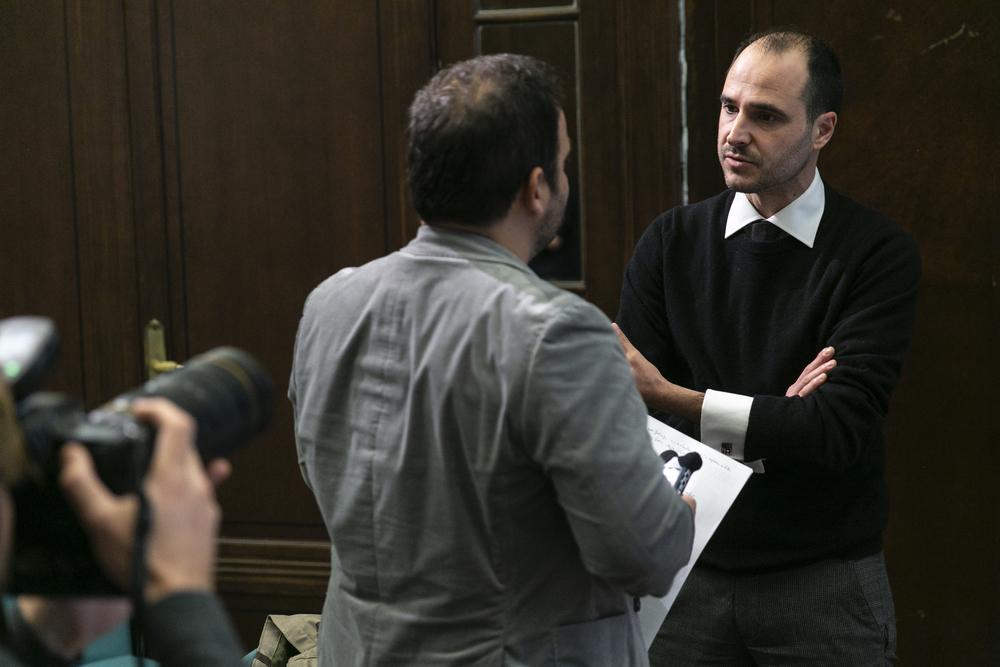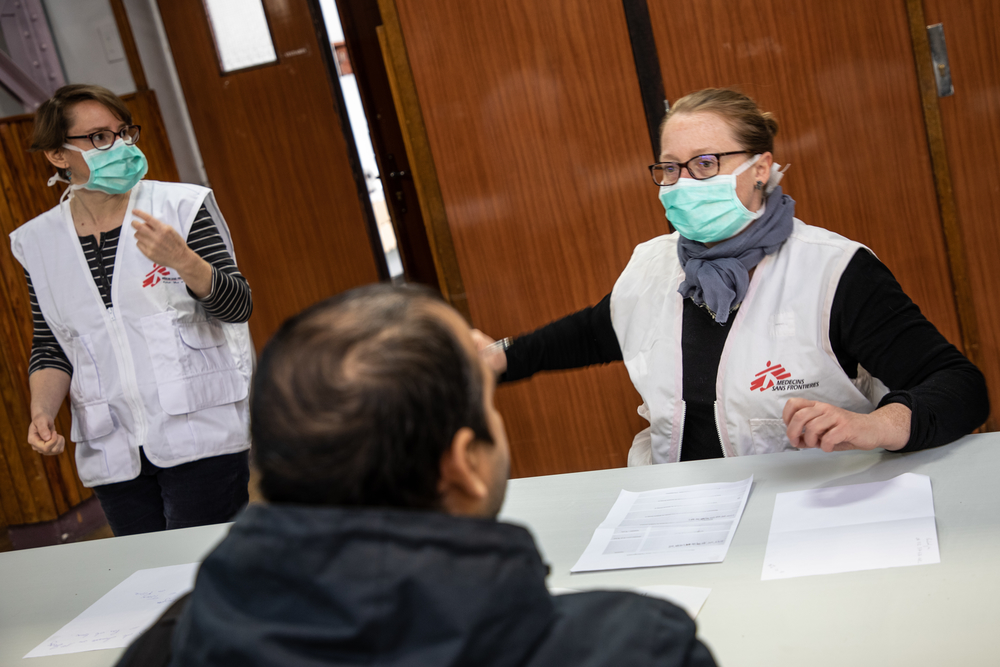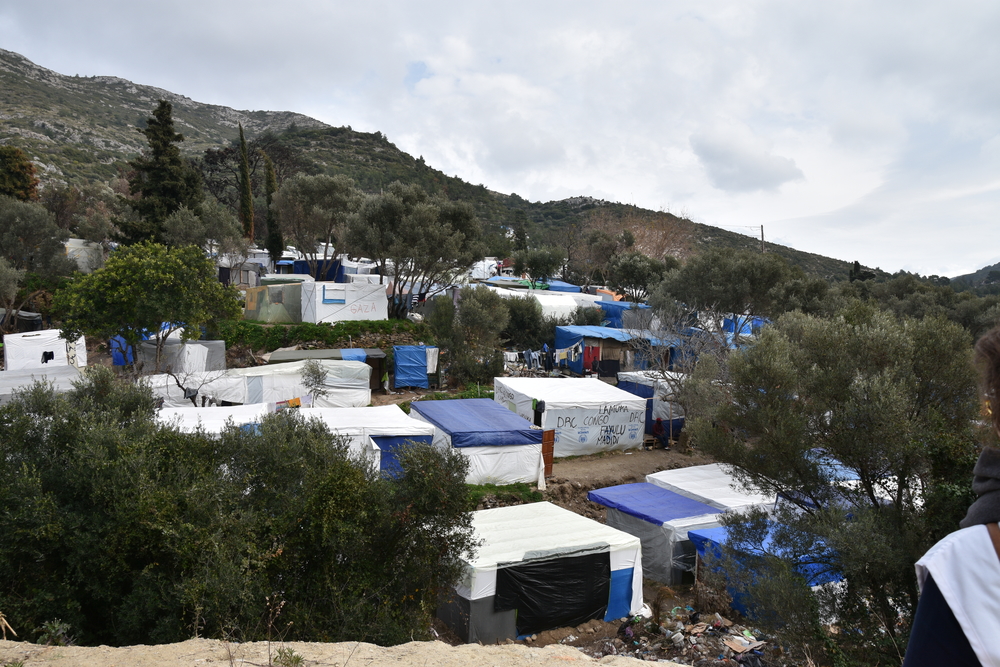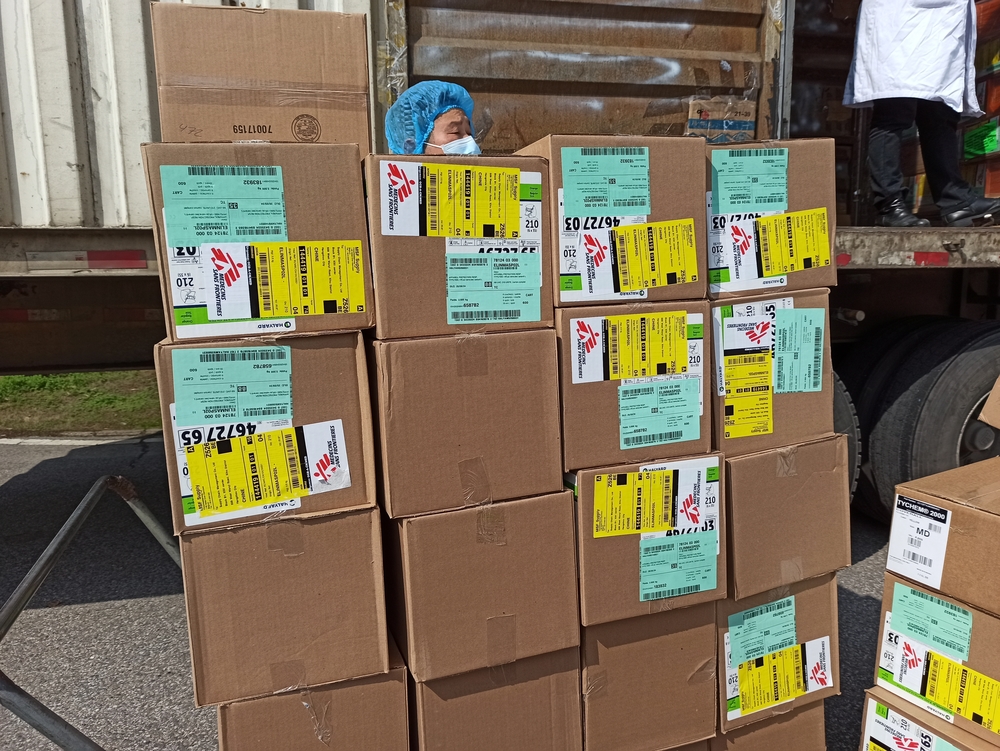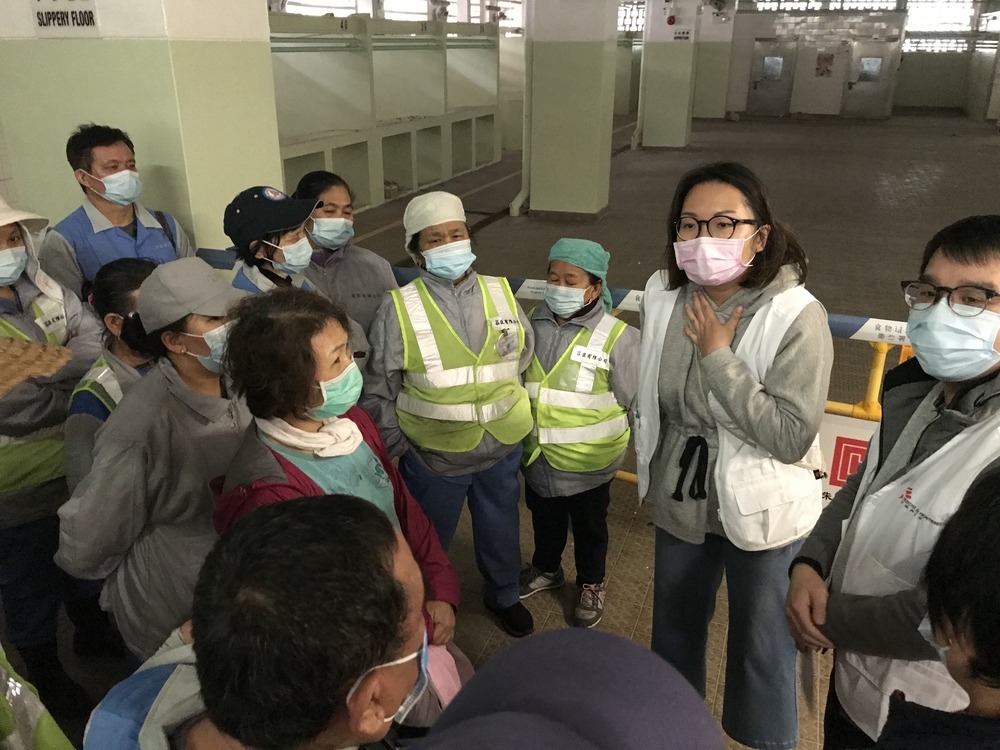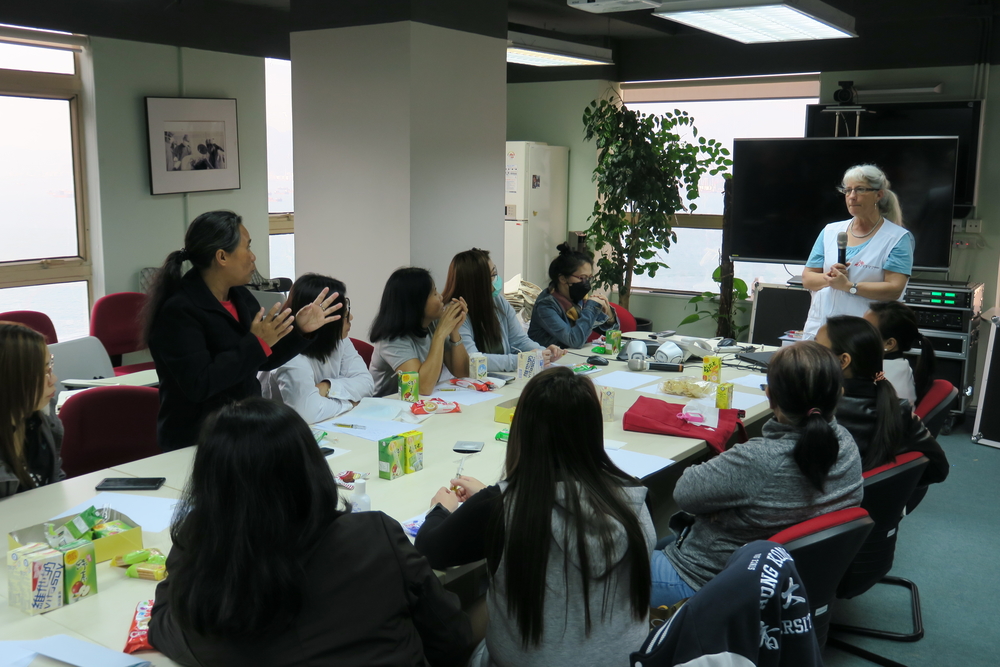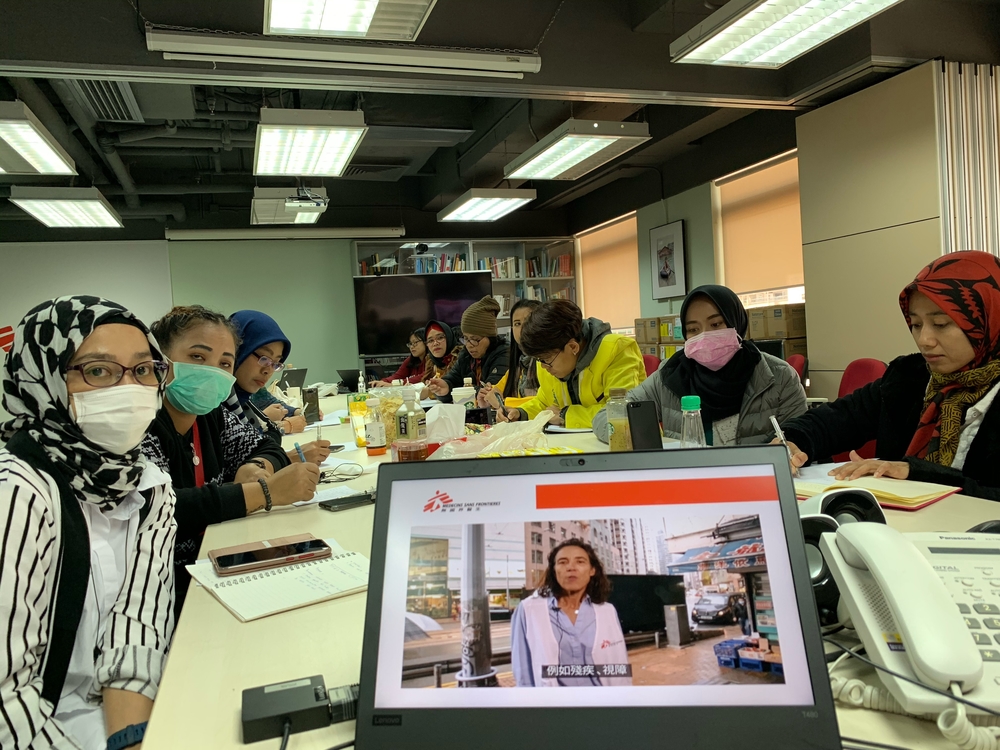COVID-19: MSF responds in Amazonas, Brazil
The international medical organization Doctors Without Borders/Médecins Sans Frontières (MSF) is scaling up its work in the state of Amazonas to respond to the COVID-19 pandemic. Despite its relative small population, the state of Amazonas is among the regions with the highest absolute number of deaths caused by the new coronavirus in Brazil. So far, at least 1,780 people have died of COVID-19. It caused not only the collapse of the health system, but also of the funerary system in the state. Because of the gravity of the situation, the MSF response will include intensive care for critically ill patients as well as medical isolation for mild or moderate cases and substantial health promotion actions in urban and rural areas.
Local hospitals in Manaus – the capital of Amazonas state – have managed to increase their numbers of ICU (intensive care unit) beds, but unfortunately, mortality rates linked to the disease remain high. Over the last several weeks, mortality rates have reached alarming levels in the capital and throughout the state. To reduce the number of people dying, MSF will start working at Hospital 28 de Agosto, managing 12 ICU beds for critically ill patients and 36 beds for moderate cases and will provide the medical staff to care for patients with COVID-19. MSF teams are also preparing to provide similar support to other hospitals in the city.
MSF’s response in Amazonas
MSF has already been working in six shelters for refugees and homeless people in Manaus to provide health promotion sessions, hygiene support to help prevent COVID-19 transmission, and medical consultations and screening to identify people who might have COVID-19. By the end of this week, in partnership with the state government, MSF will set up an isolation and observation centre for vulnerable people with milder cases of the disease, who do not need hospitalization.
MSF teams will also launch a response this week in remote areas of rural Amazonas, to support quality medical care for patients with moderate and severe cases of COVID-19. MSF intends to work in at least two locations, one of which is the municipality of São Gabriel da Cachoeira. The health of indigenous communities who struggle to reach healthcare is of major concern, and MSF is consulting with indigenous leaders and organizations to guide assistance for these communities. “The situation in Amazonas is very worrying. We believe that our work can make a difference and we are doing our best to begin operating as quickly as possible,” said Dr Cecilia Hirata, MSF field coordinator.
Slowing the spread of COVID-19
Slowing the spread of COVID-19 is another important component of MSF’s response in Amazonas state. Reducing the rate at which people are infected will lower the number of critically ill patients who require medical attention at the same time, alleviating the burden on the health system. For this reason, health promotion to disseminate correct information on preventive measures is essential. MSF is planning to increase its health promotion activities in both urban and rural areas. To reach people who live in remote areas, MSF teams are preparing to provide trainings for community leaders who can pass on this knowledge to their communities.
MSF is working in more than 70 countries around the world to respond to the new coronavirus pandemic. Founded almost 50 years ago, MSF is currently experiencing one of the greatest challenges in its history, with enormous demand for its medical humanitarian assistance. In Brazil, in addition to Manaus, MSF is responding to COVID-19 in the cities of São Paulo, Rio de Janeiro, and Boa Vista.
MSF projects are financed with funds from donations, 95 percent of which come from private sources and the majority from individual donors. MSF is committed to the principles of neutrality, independence and impartiality, and guided exclusively by medical ethics and the needs of its patients.
